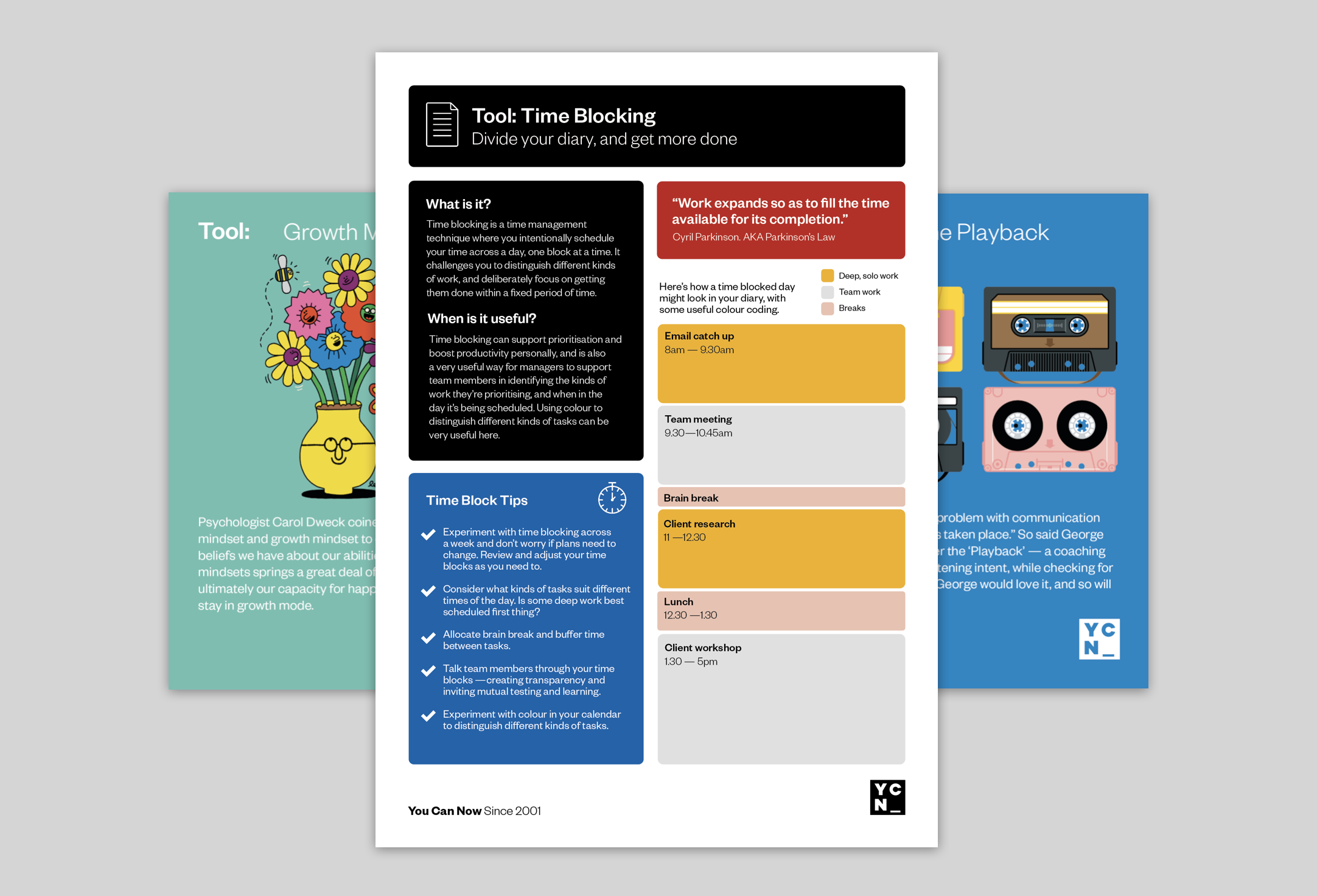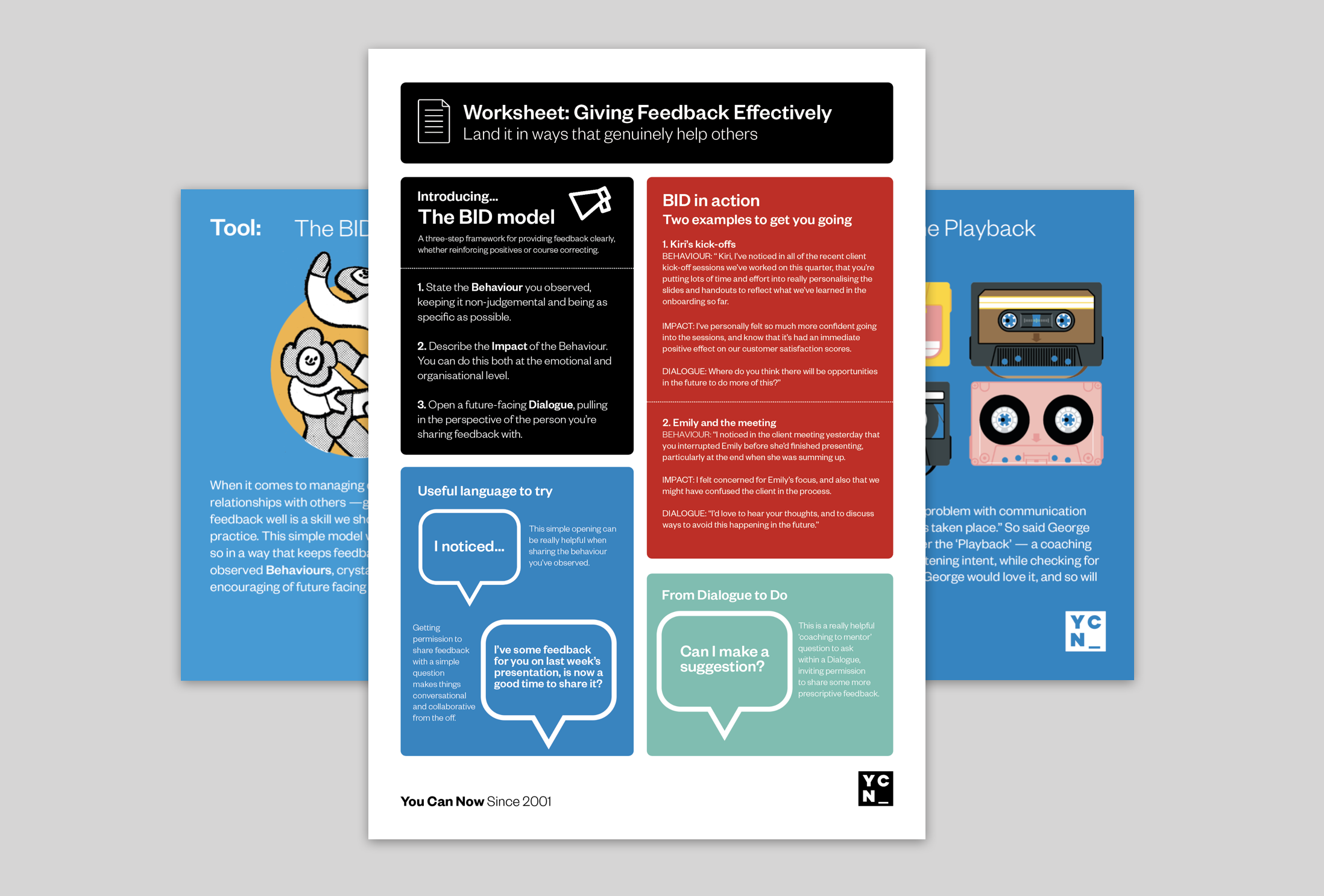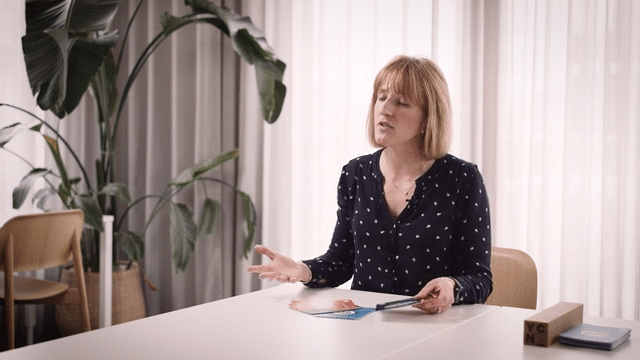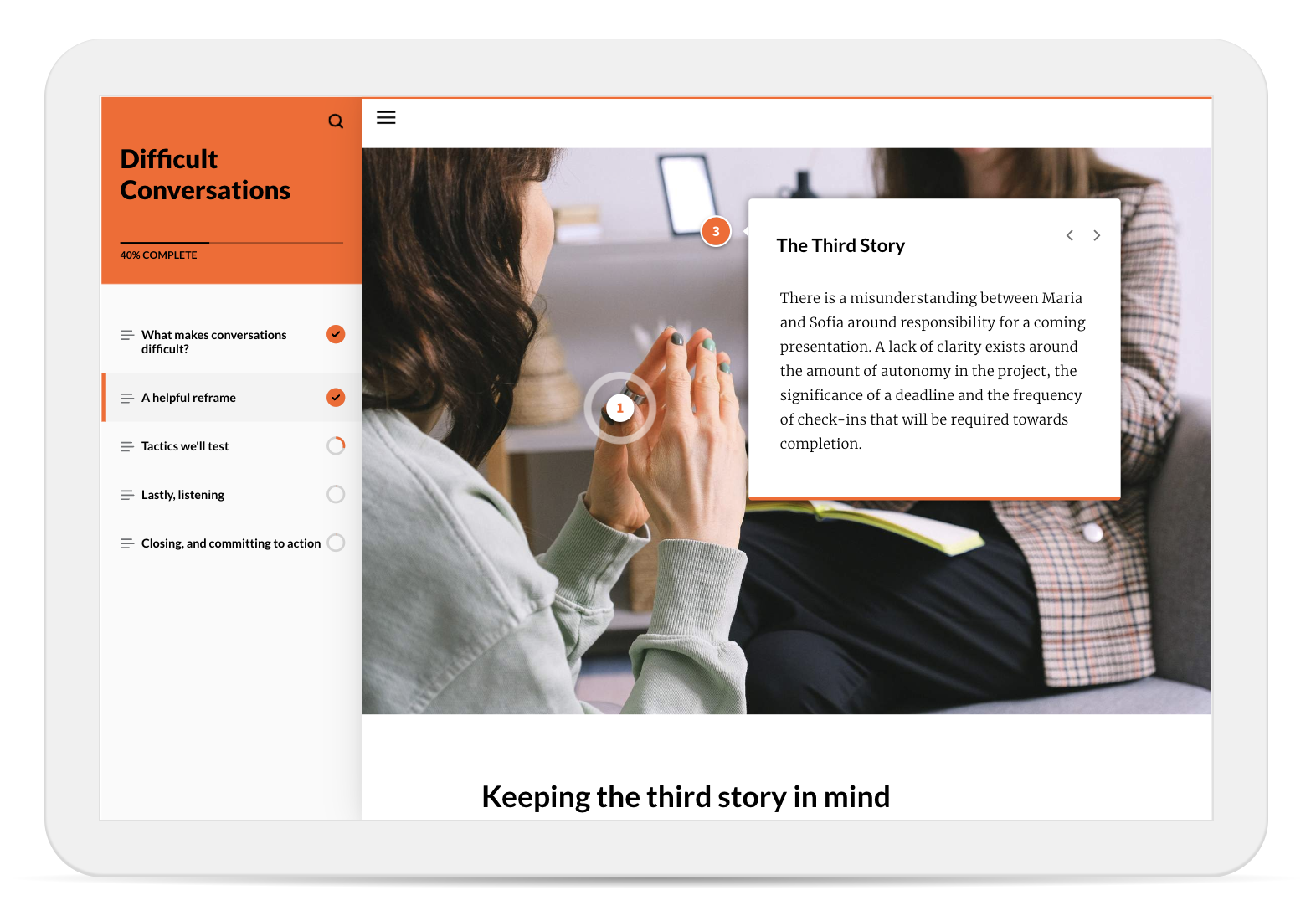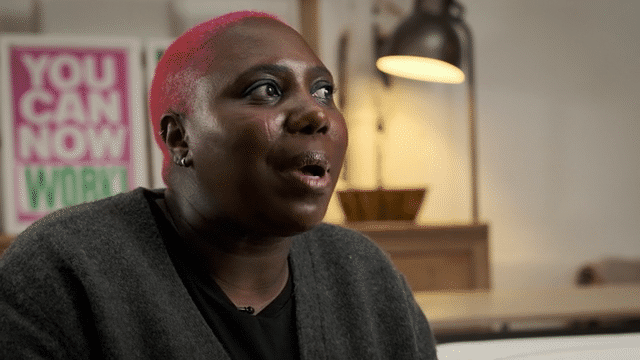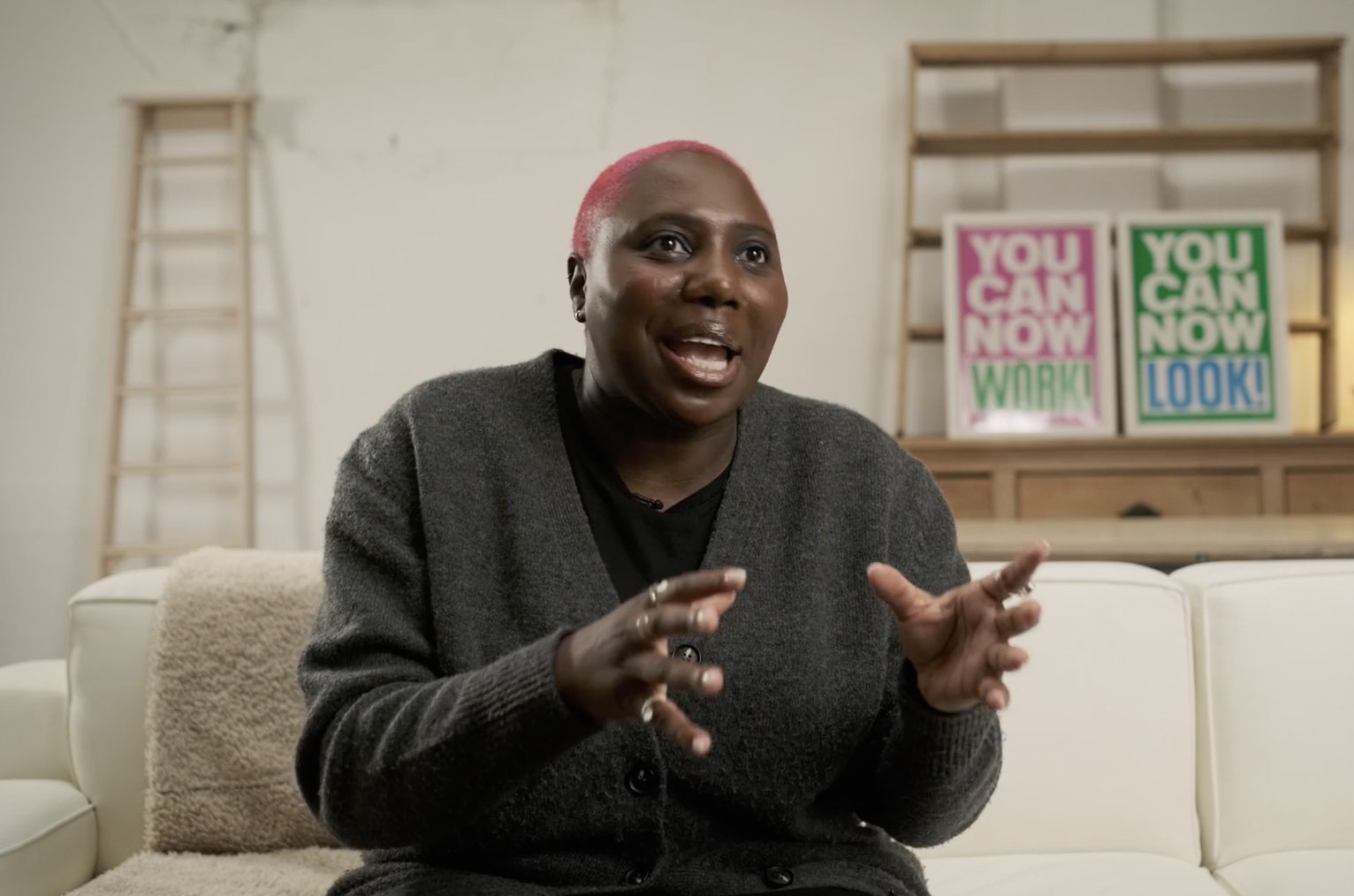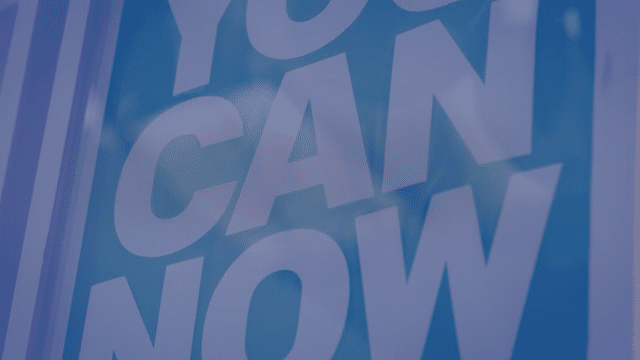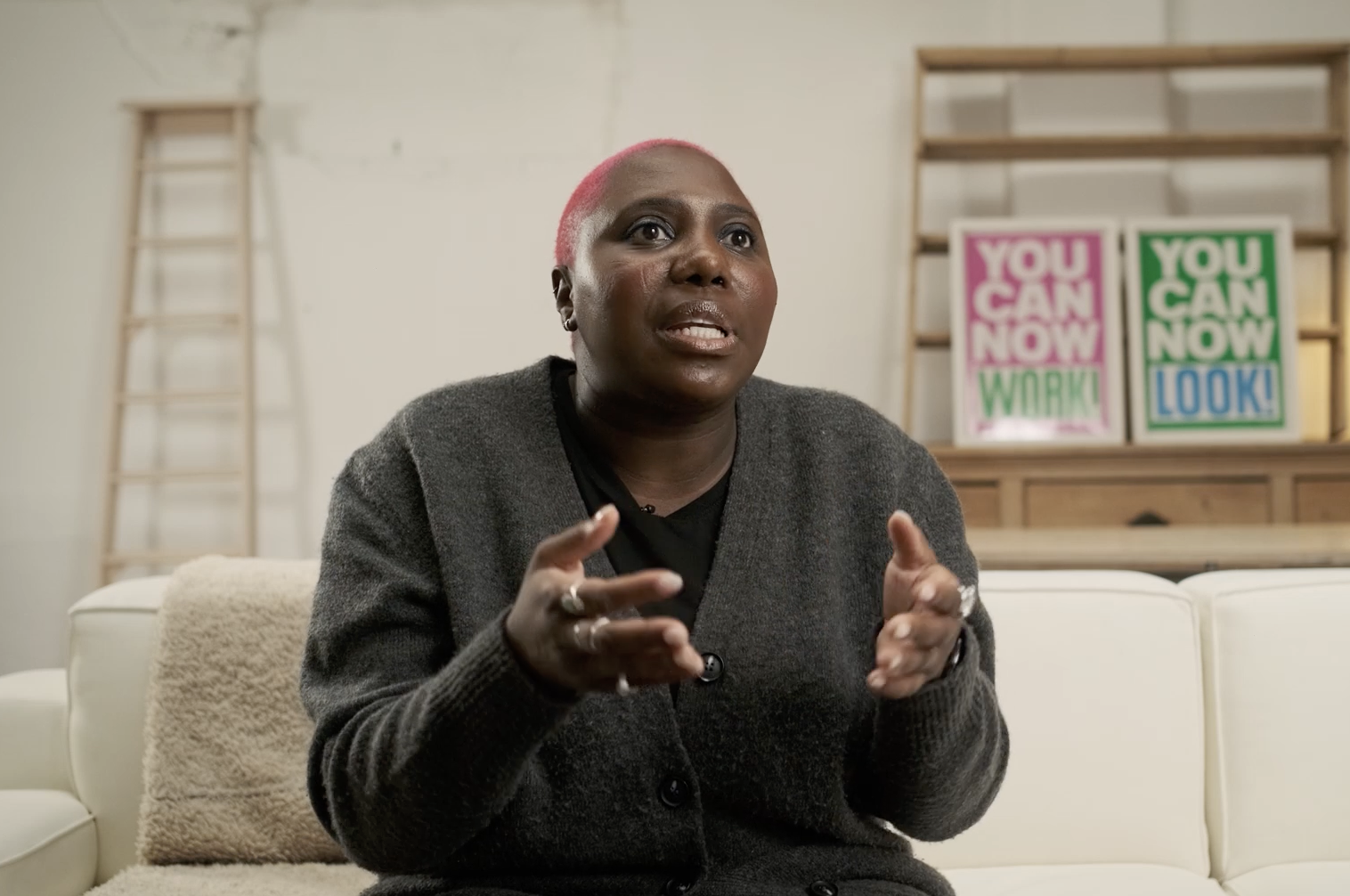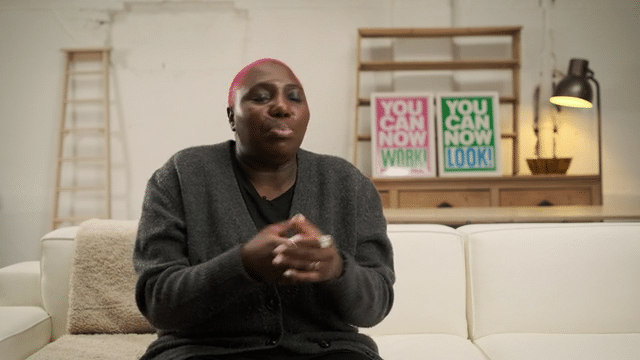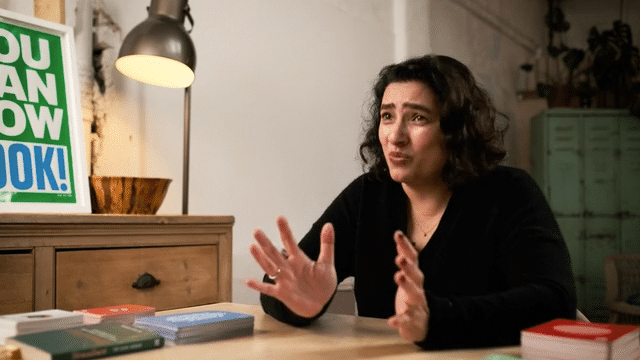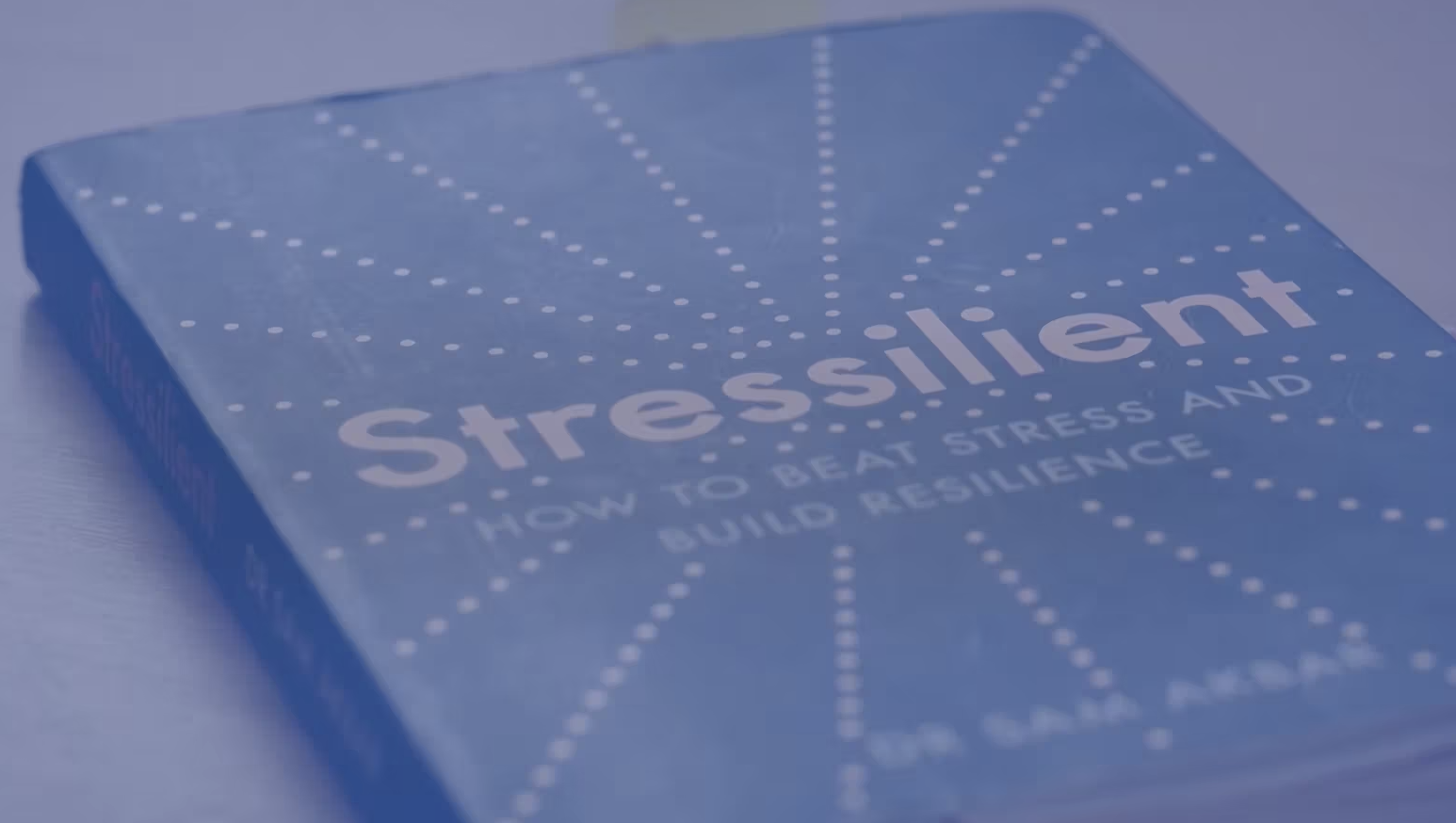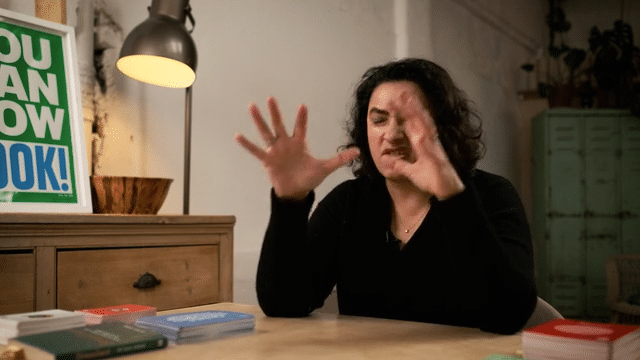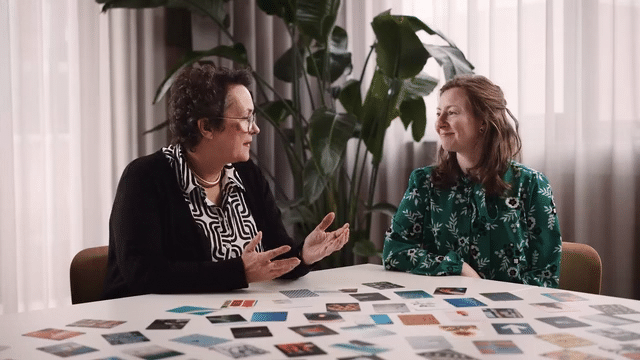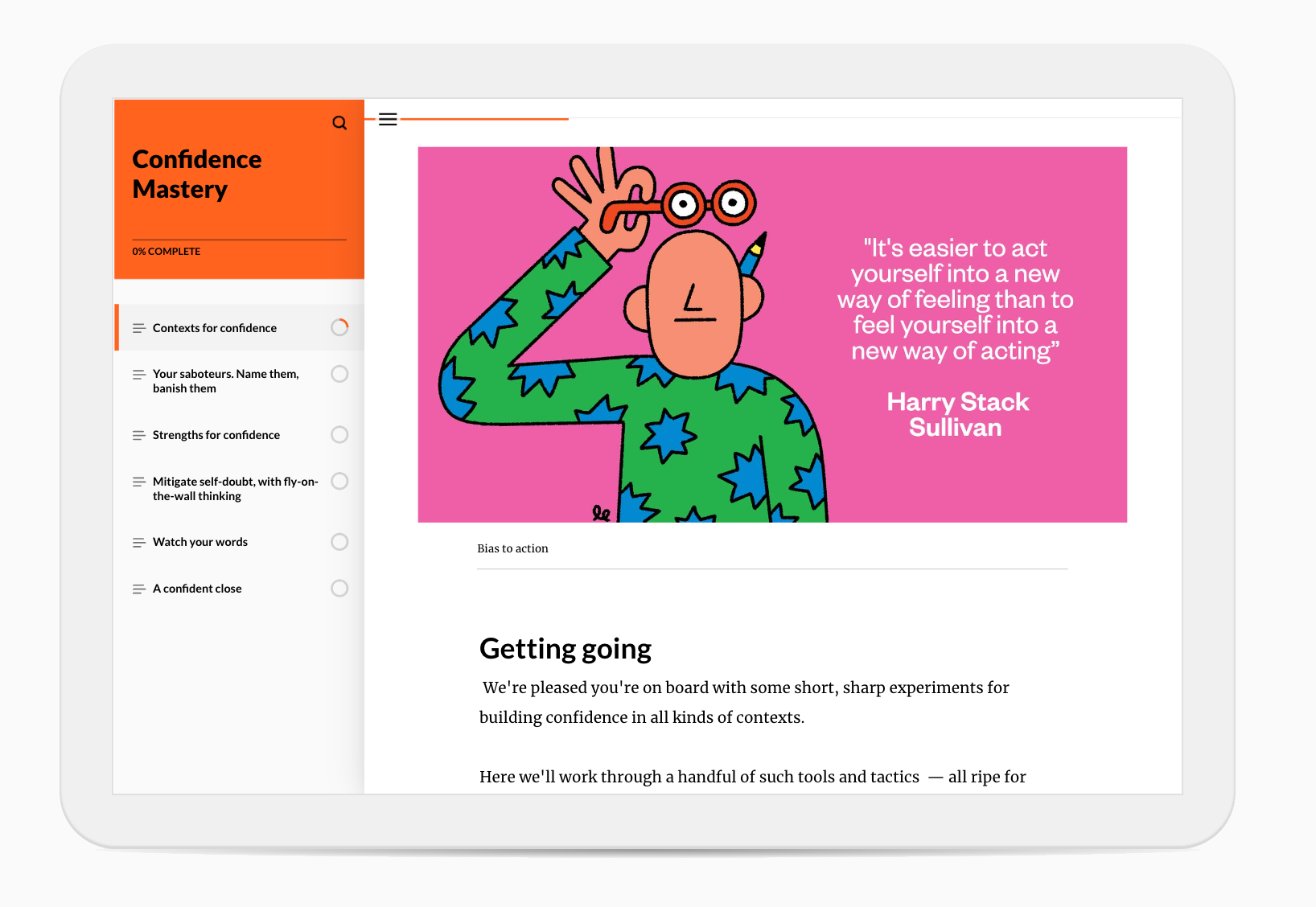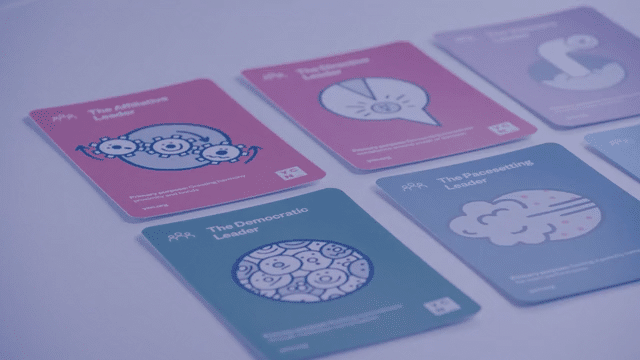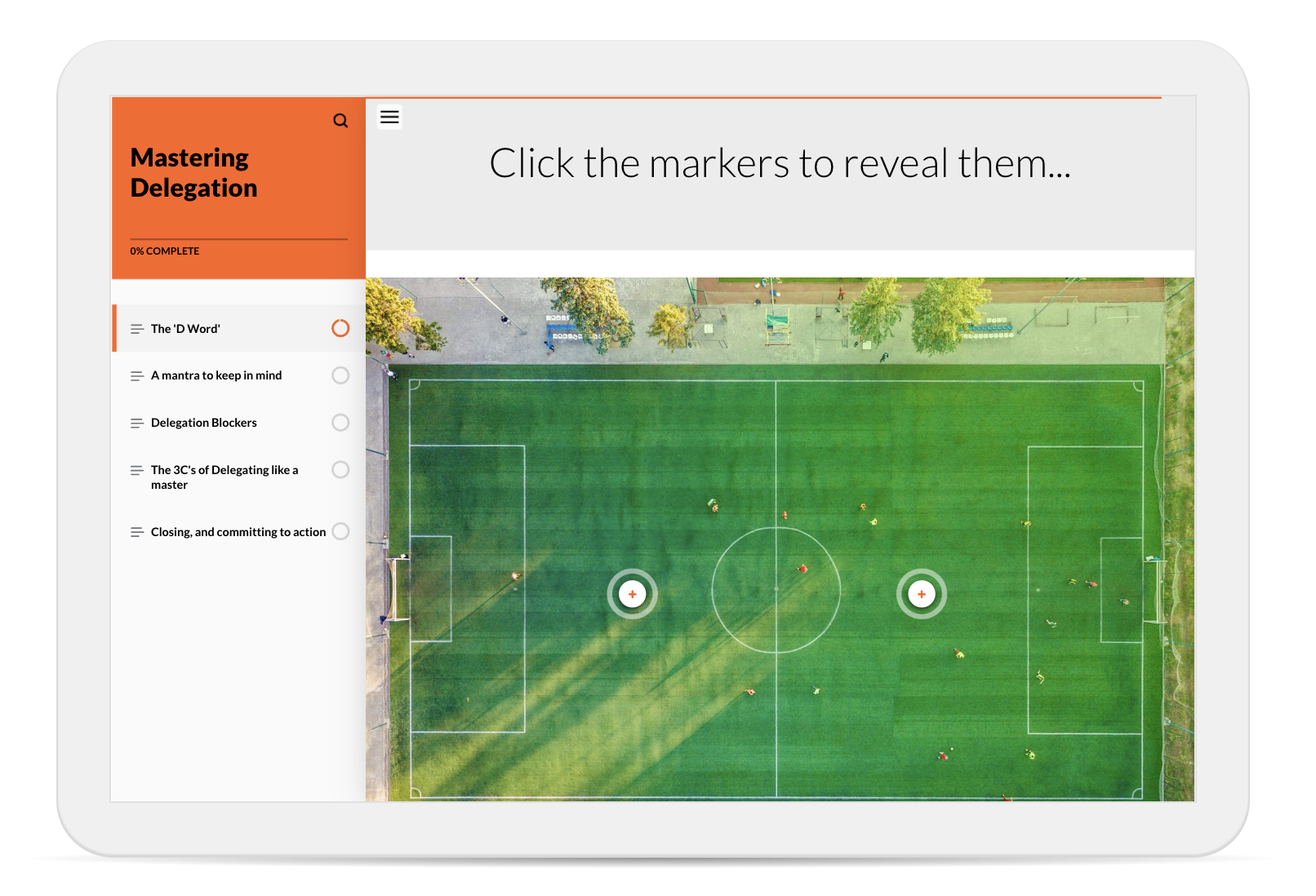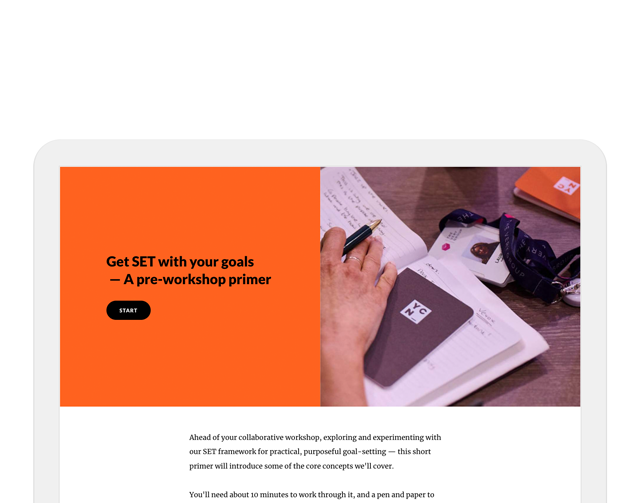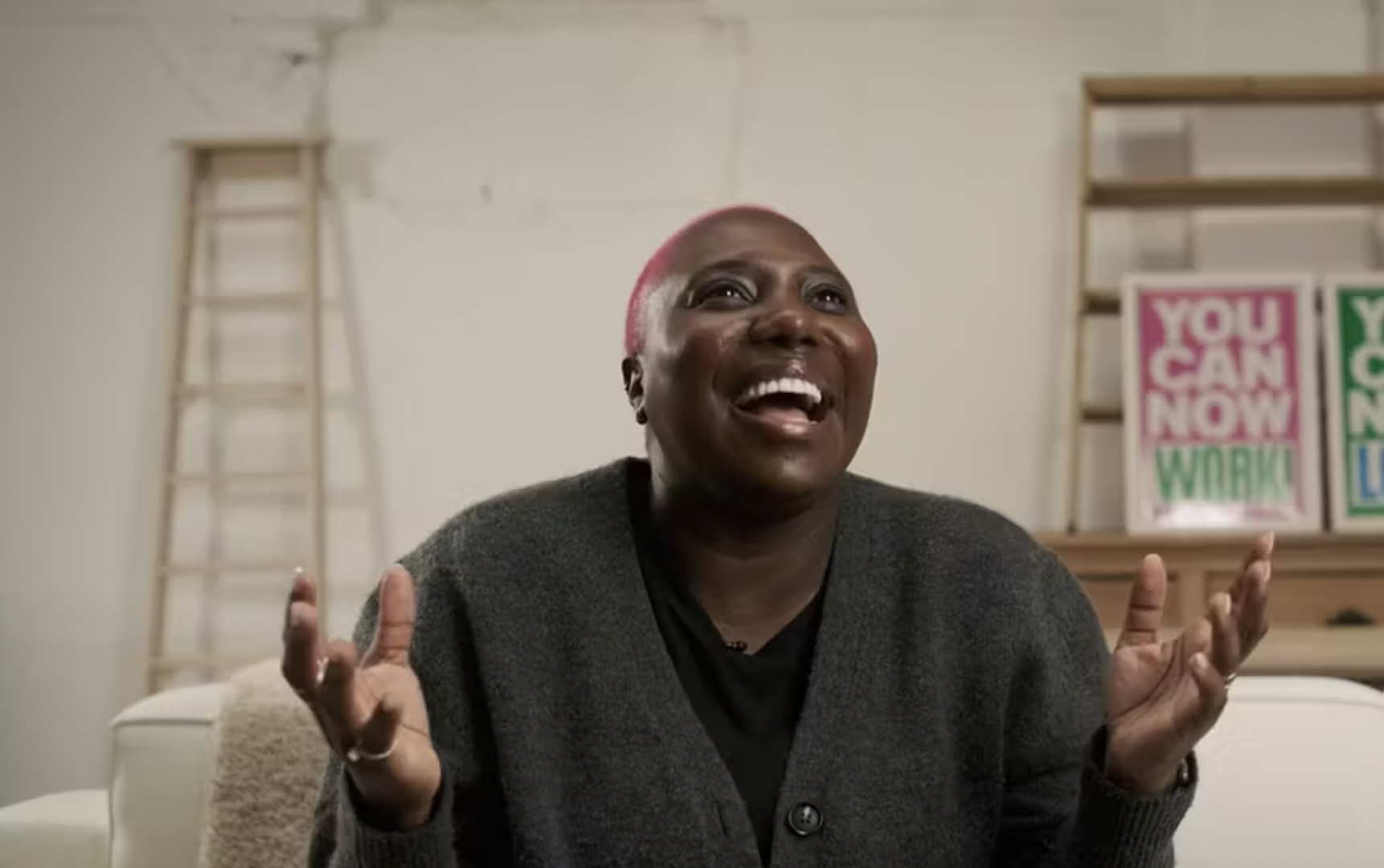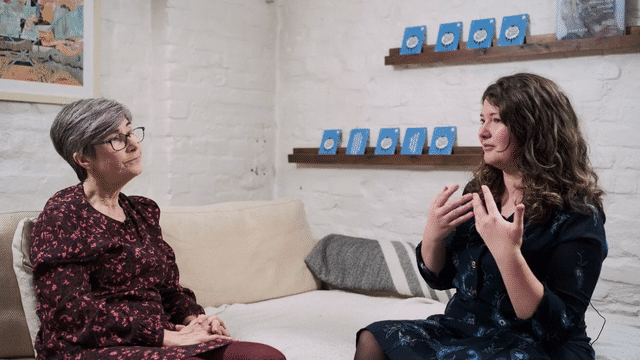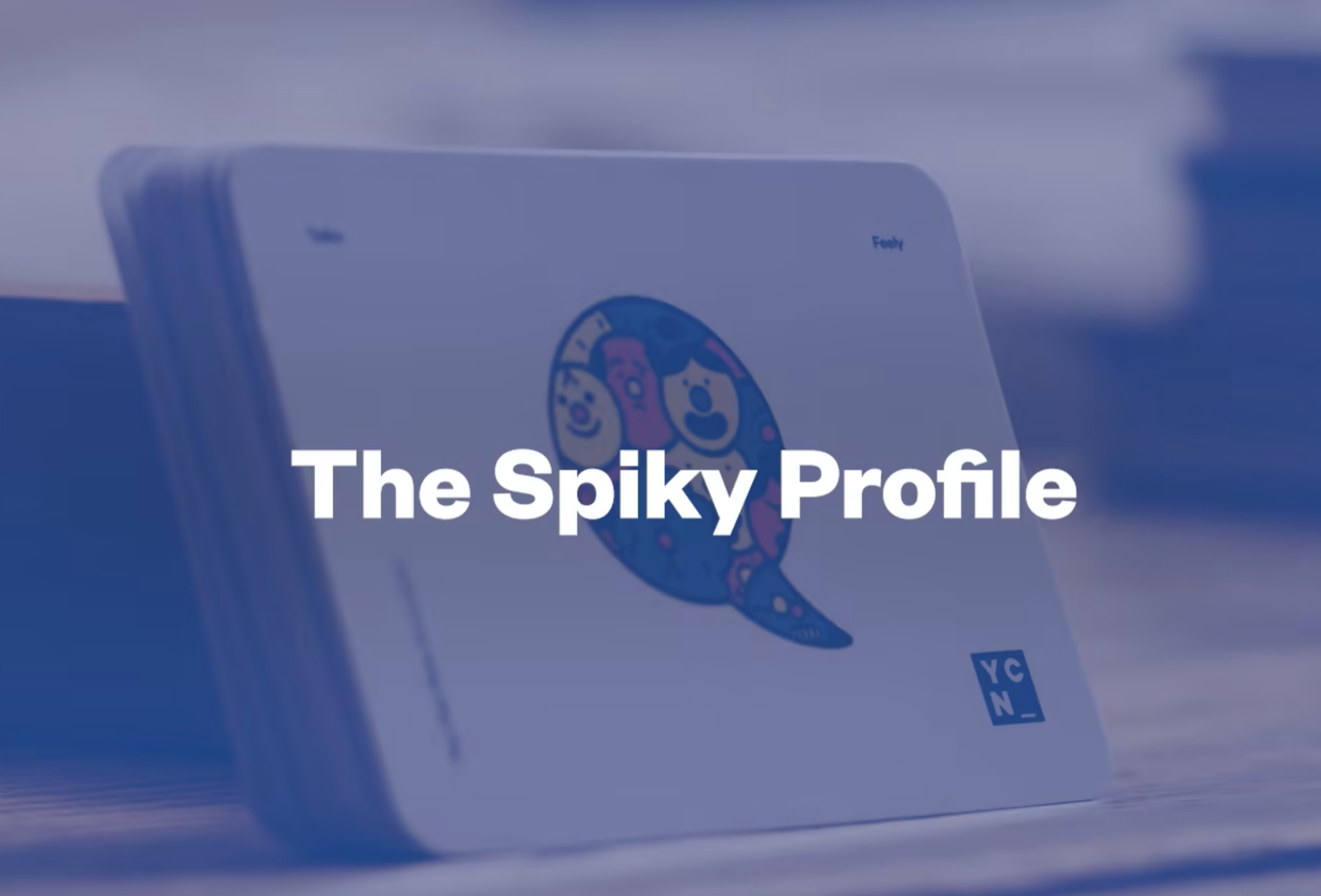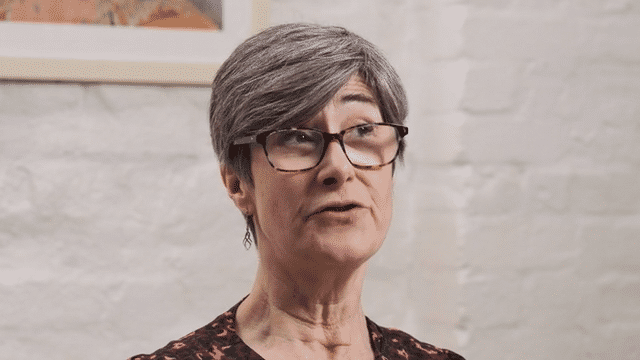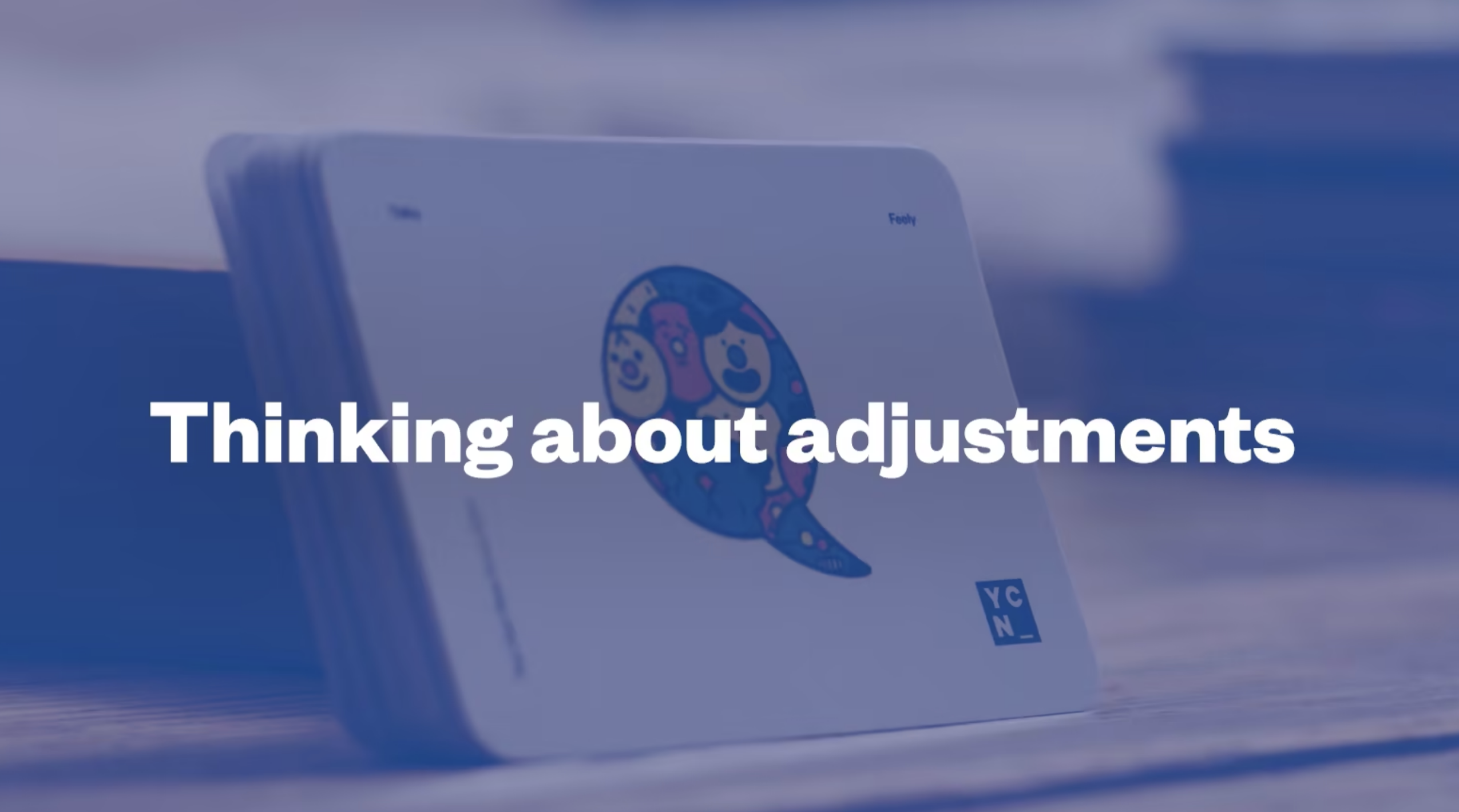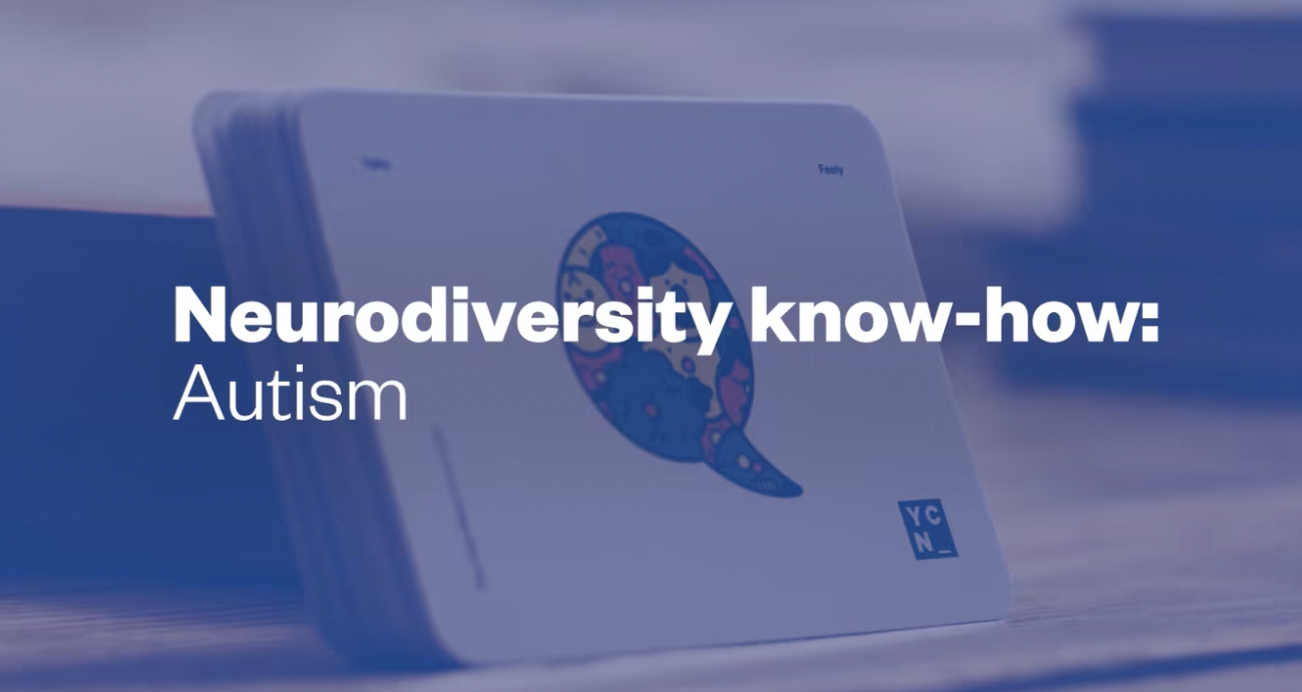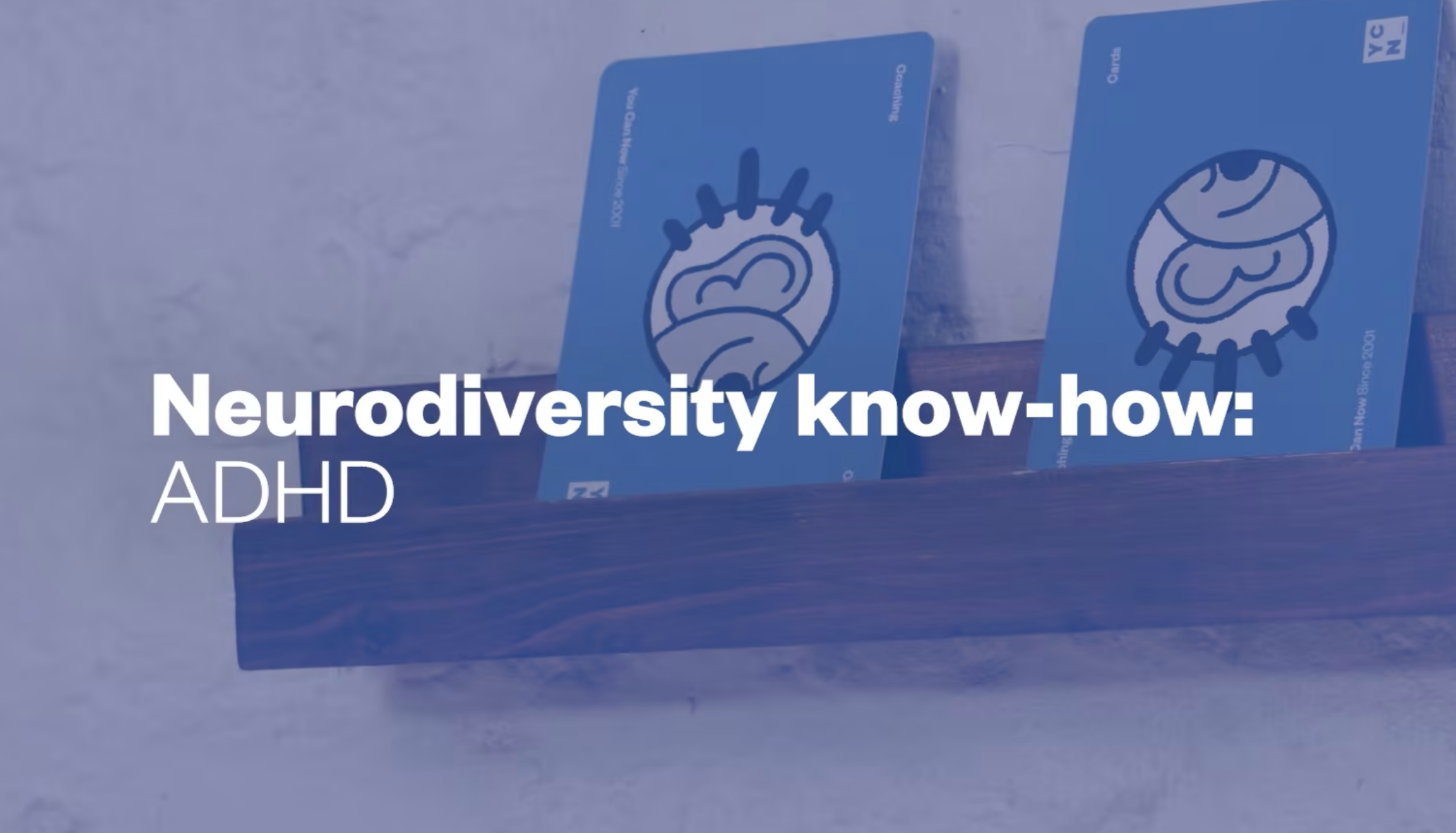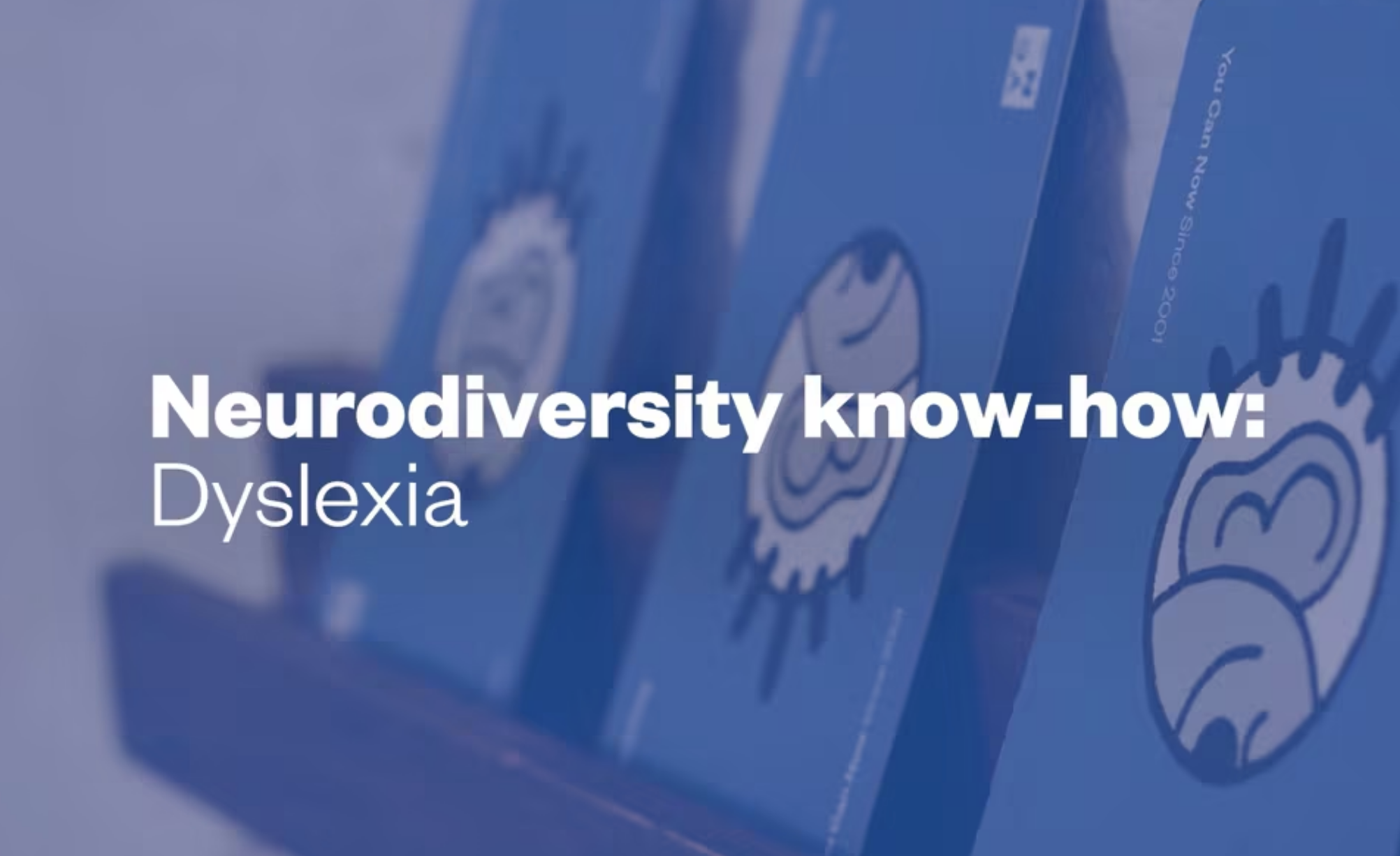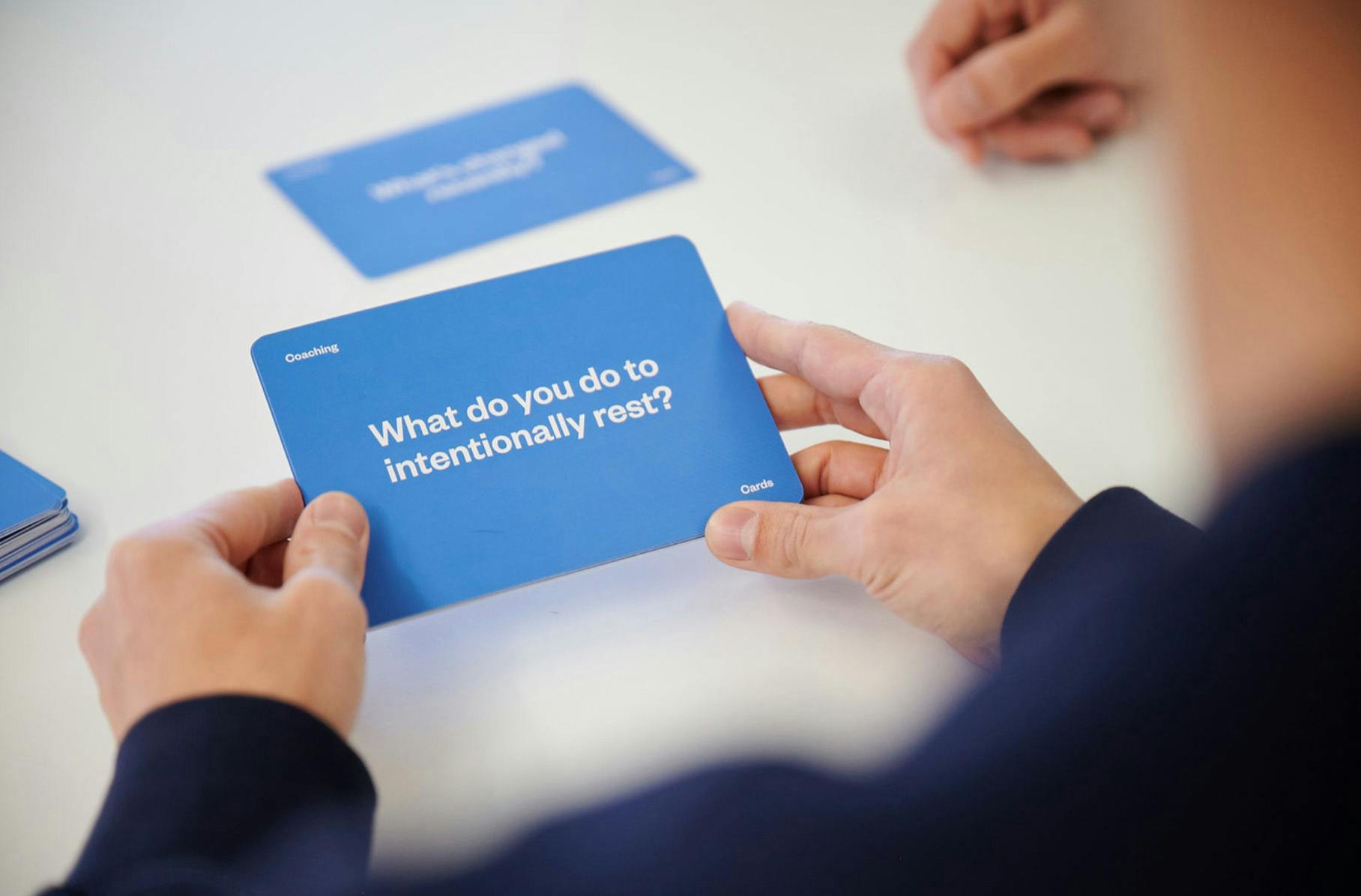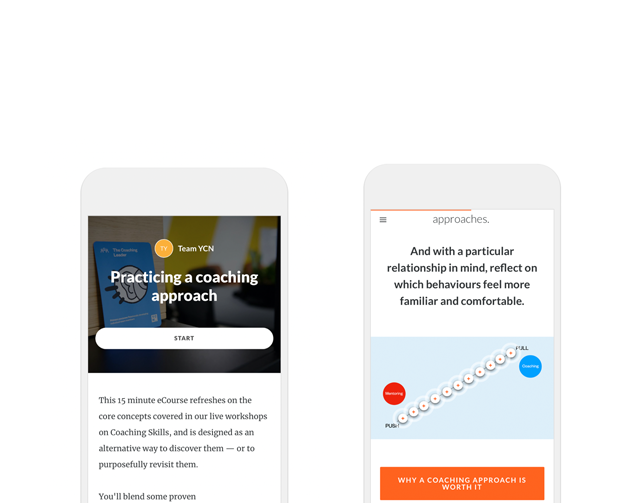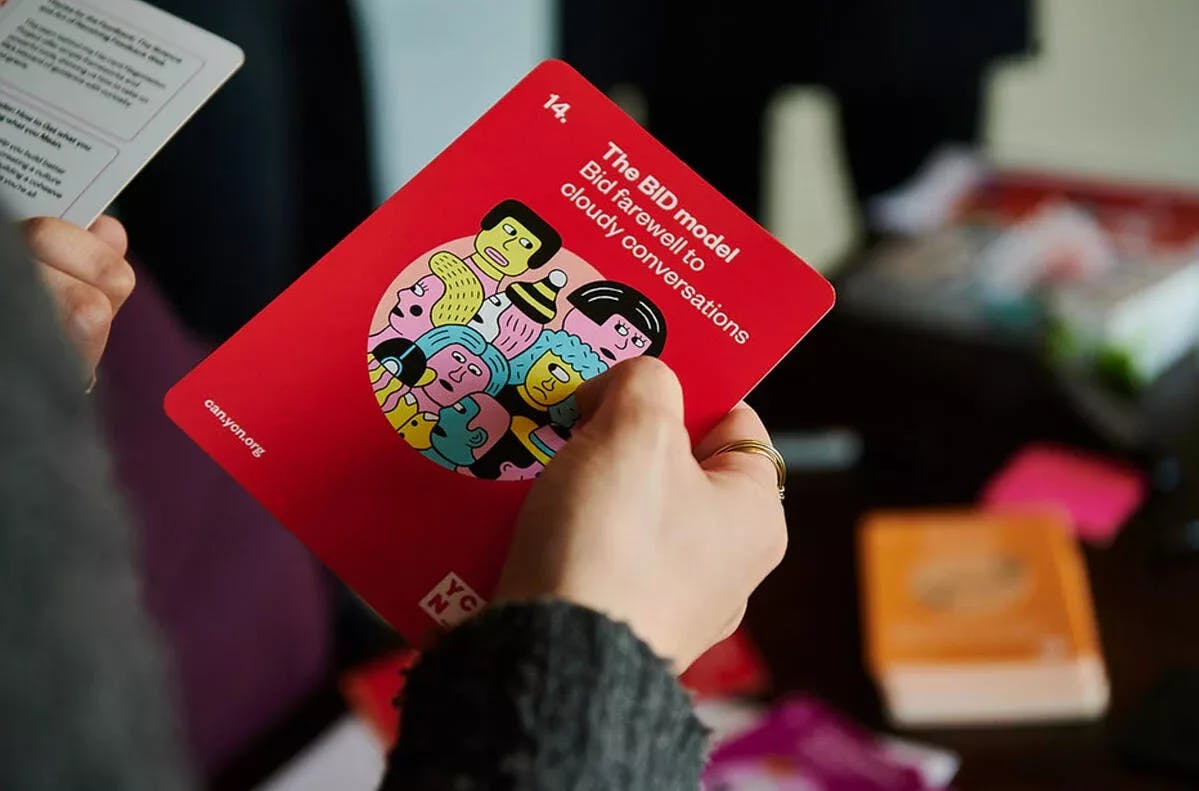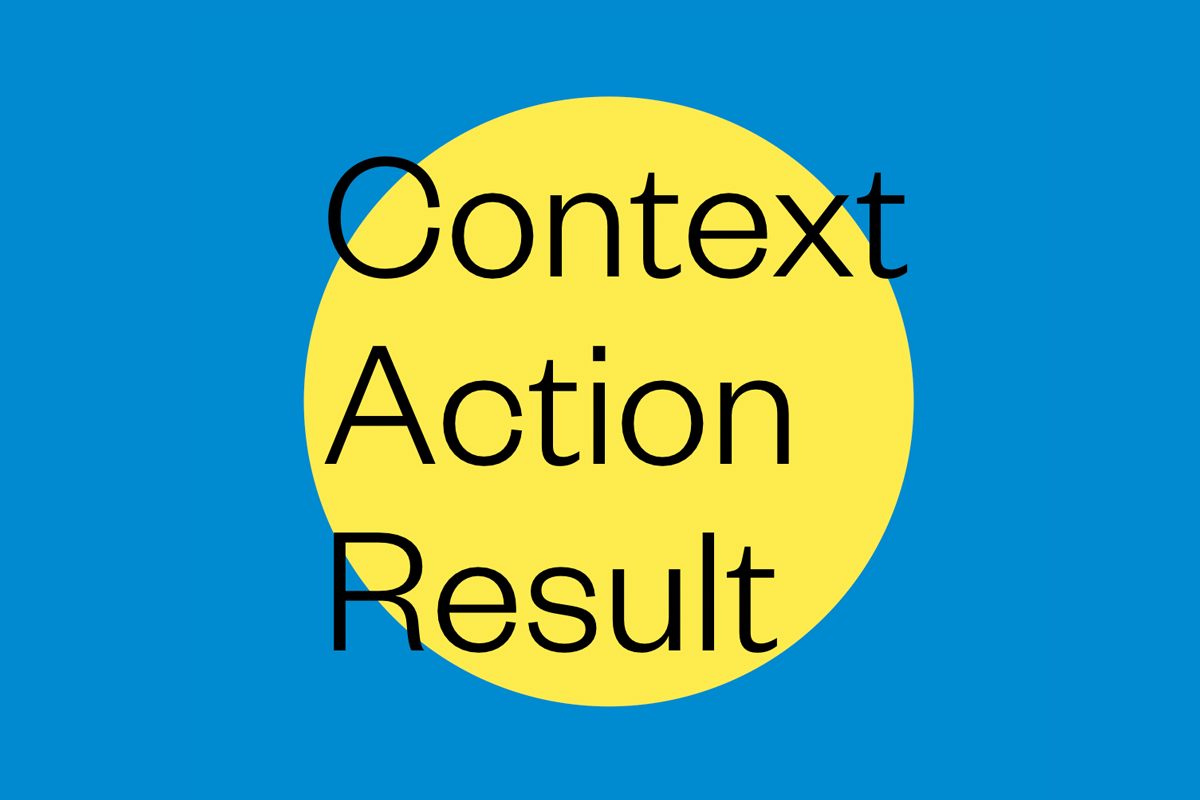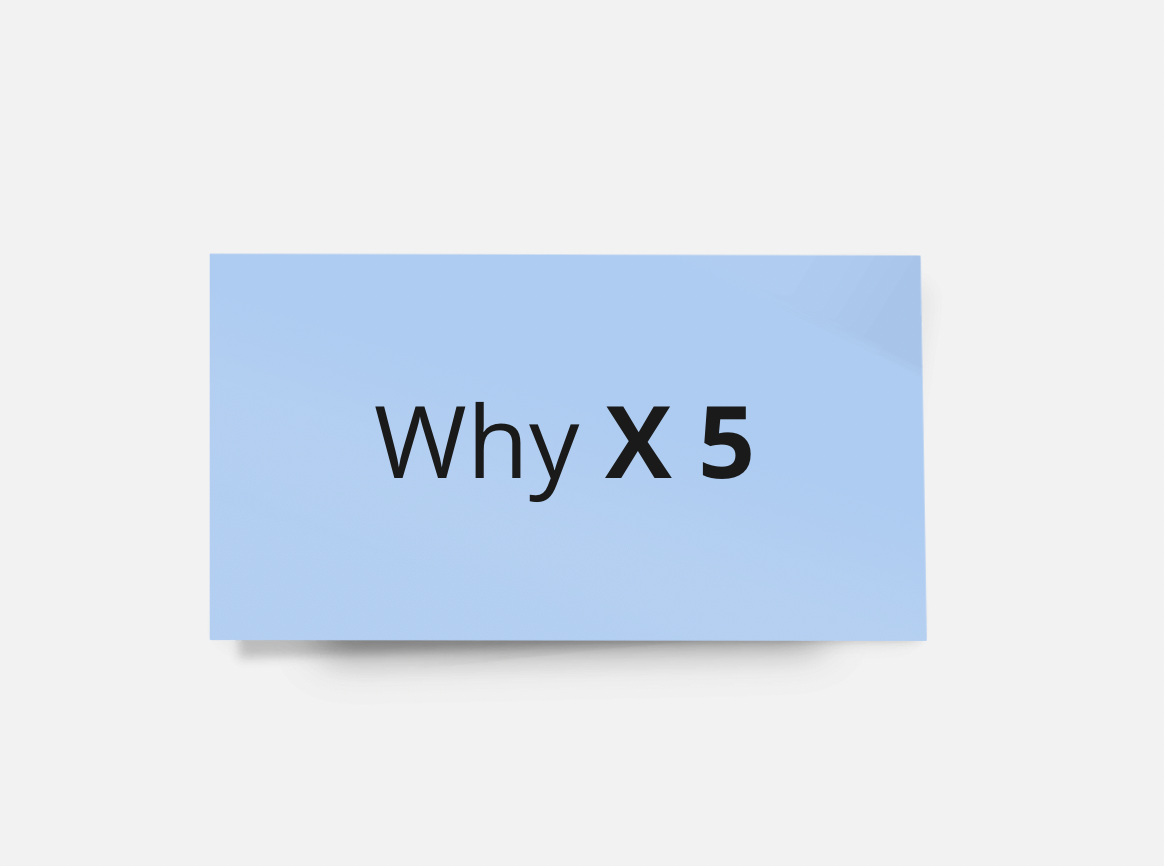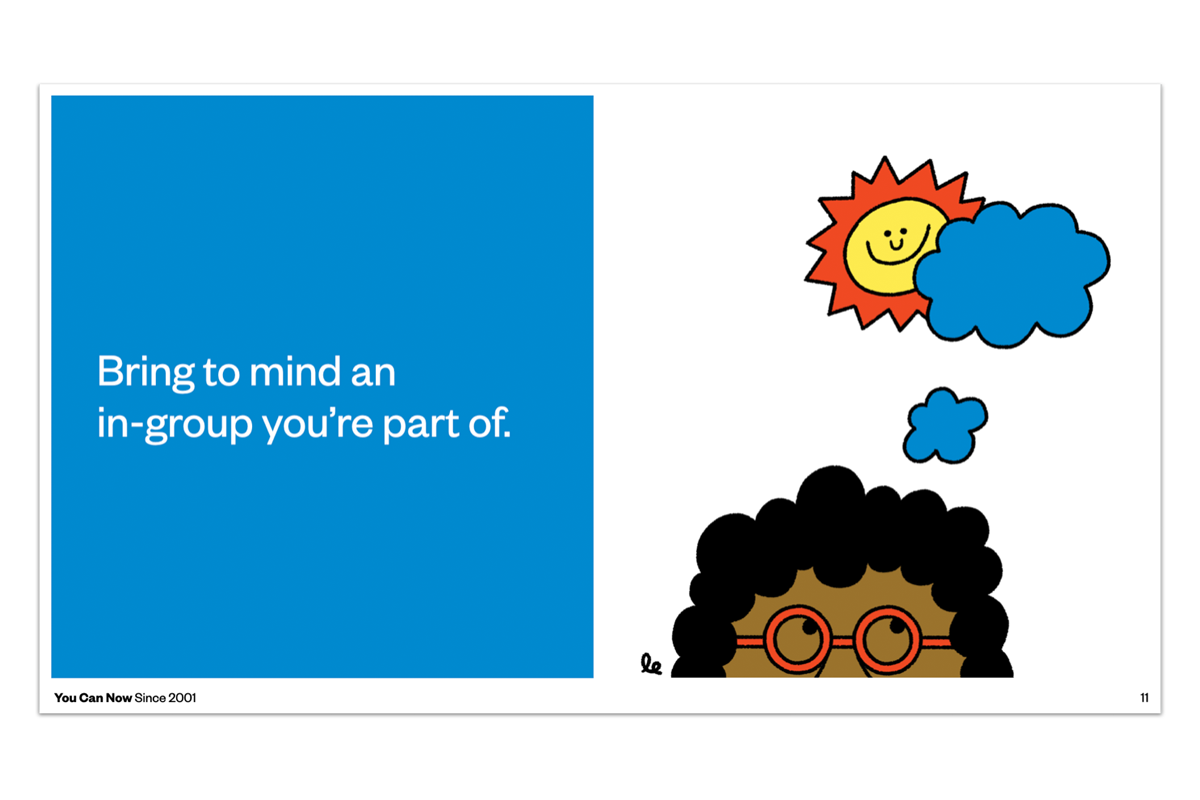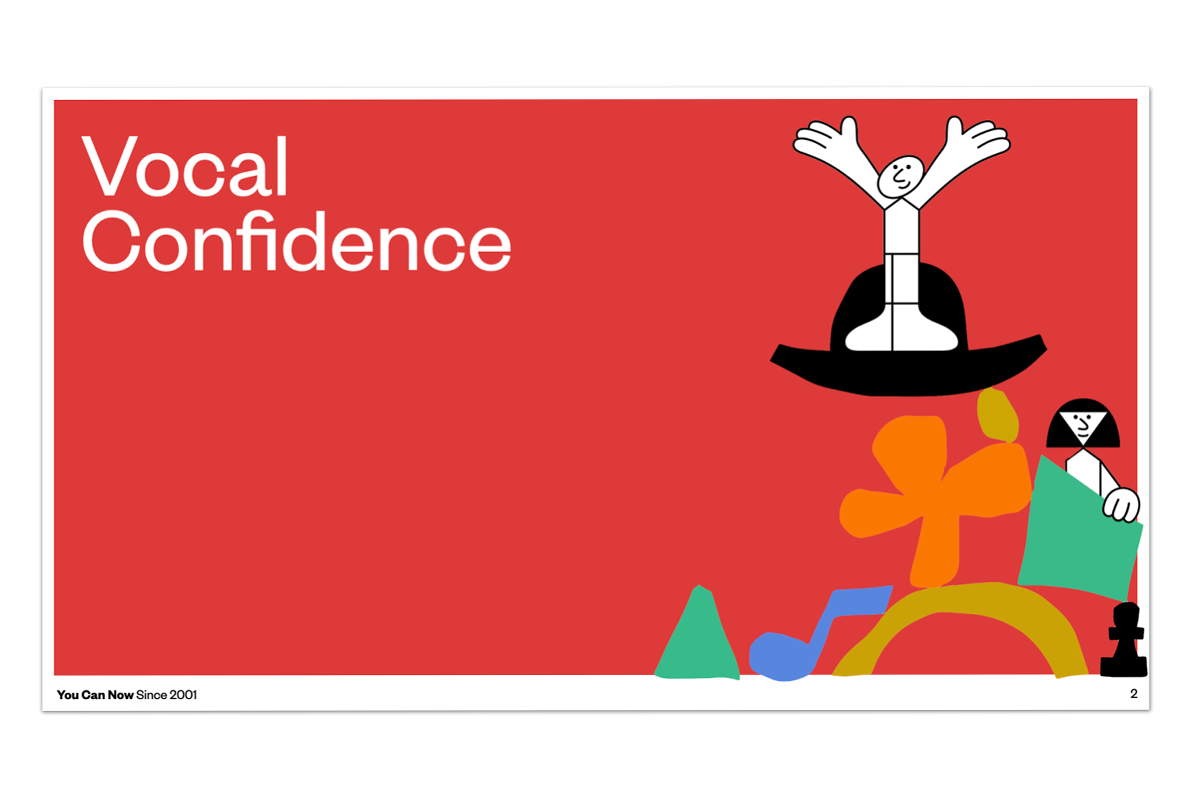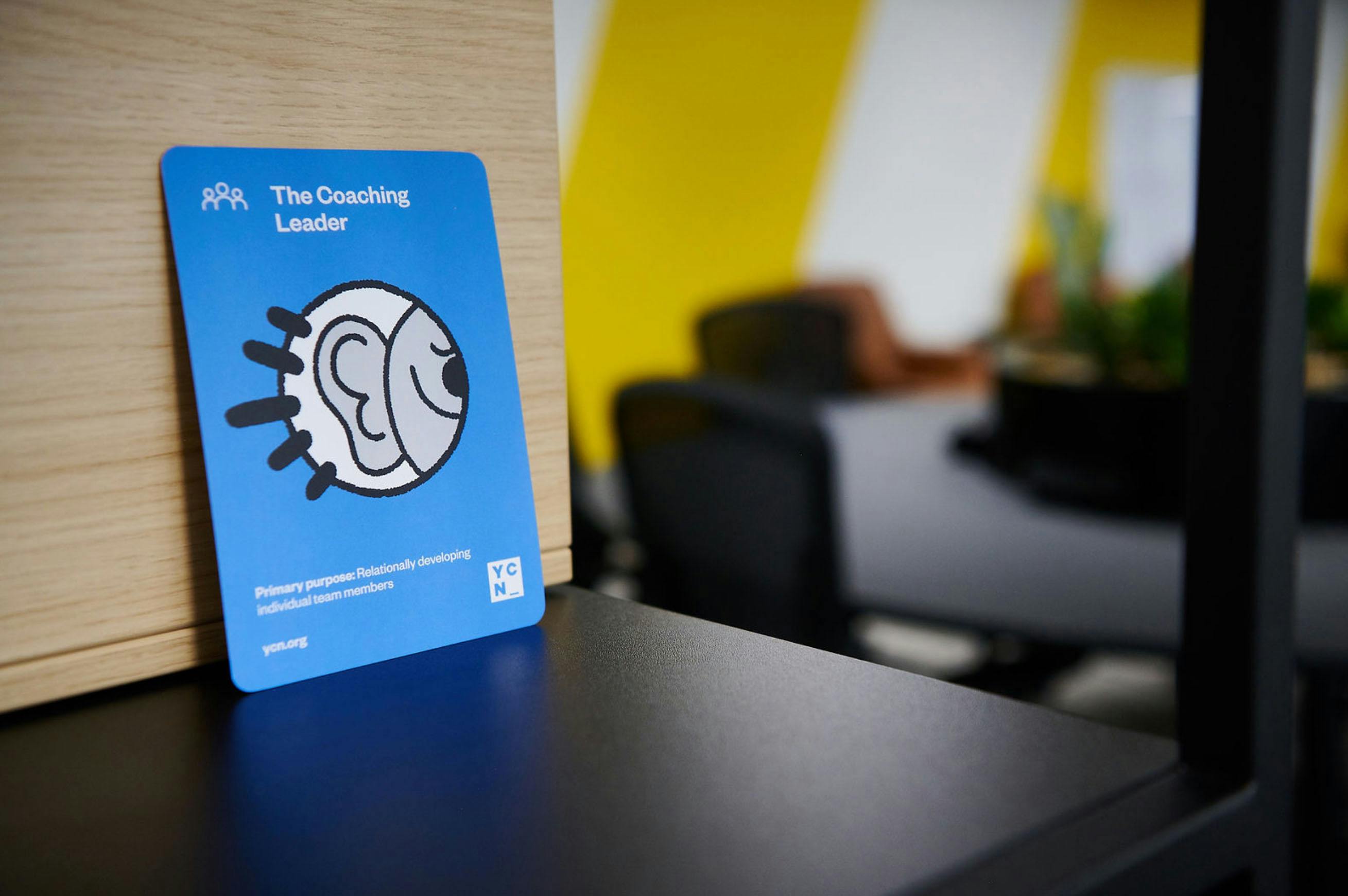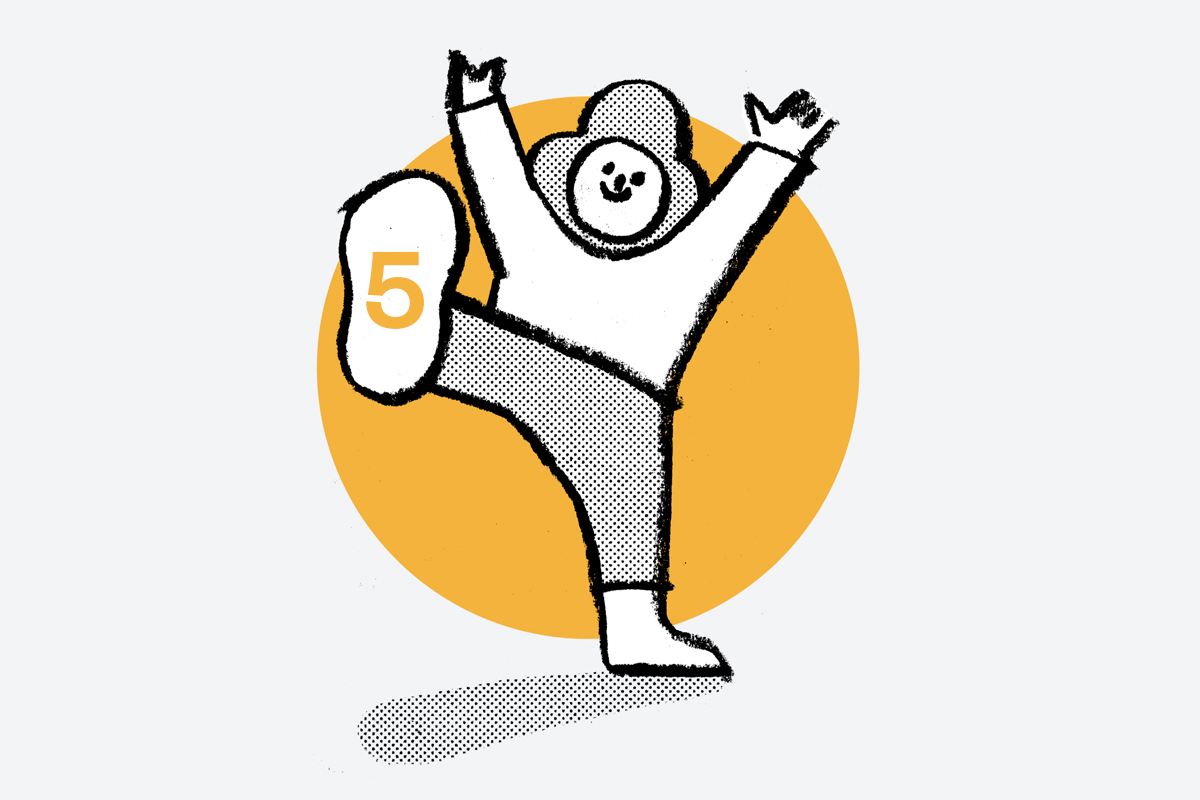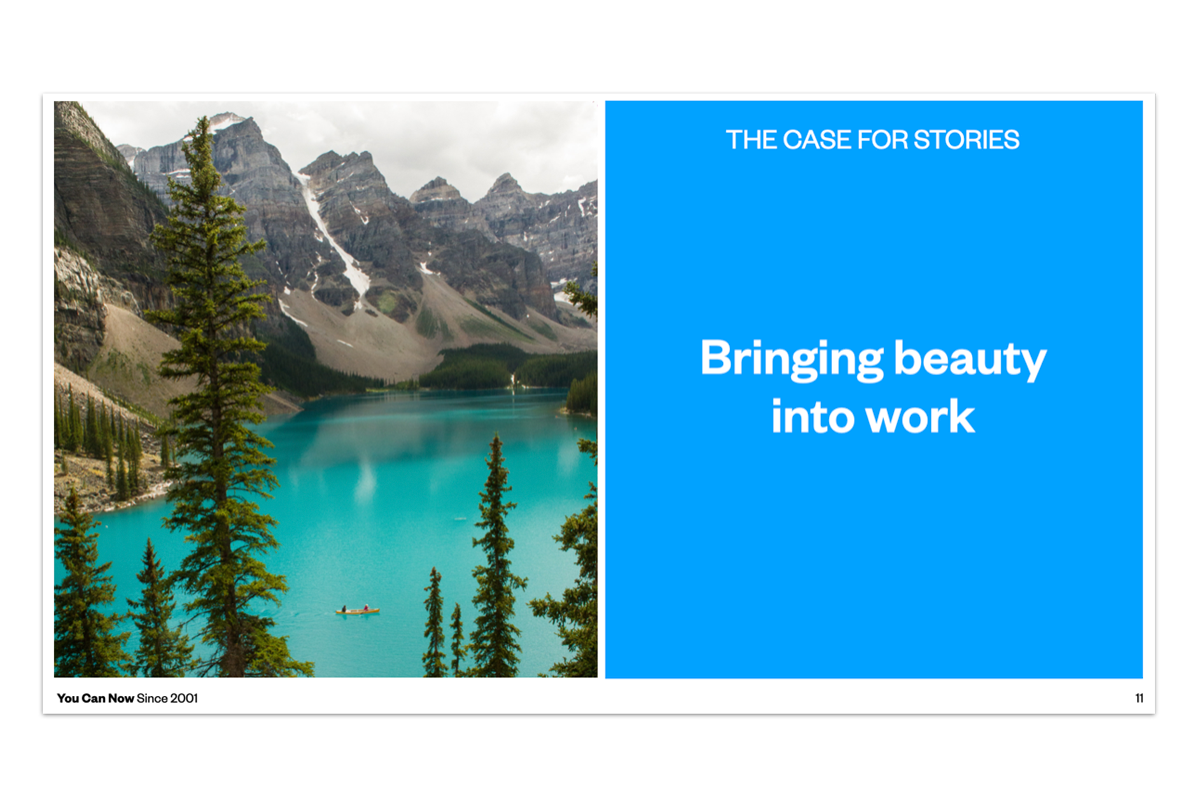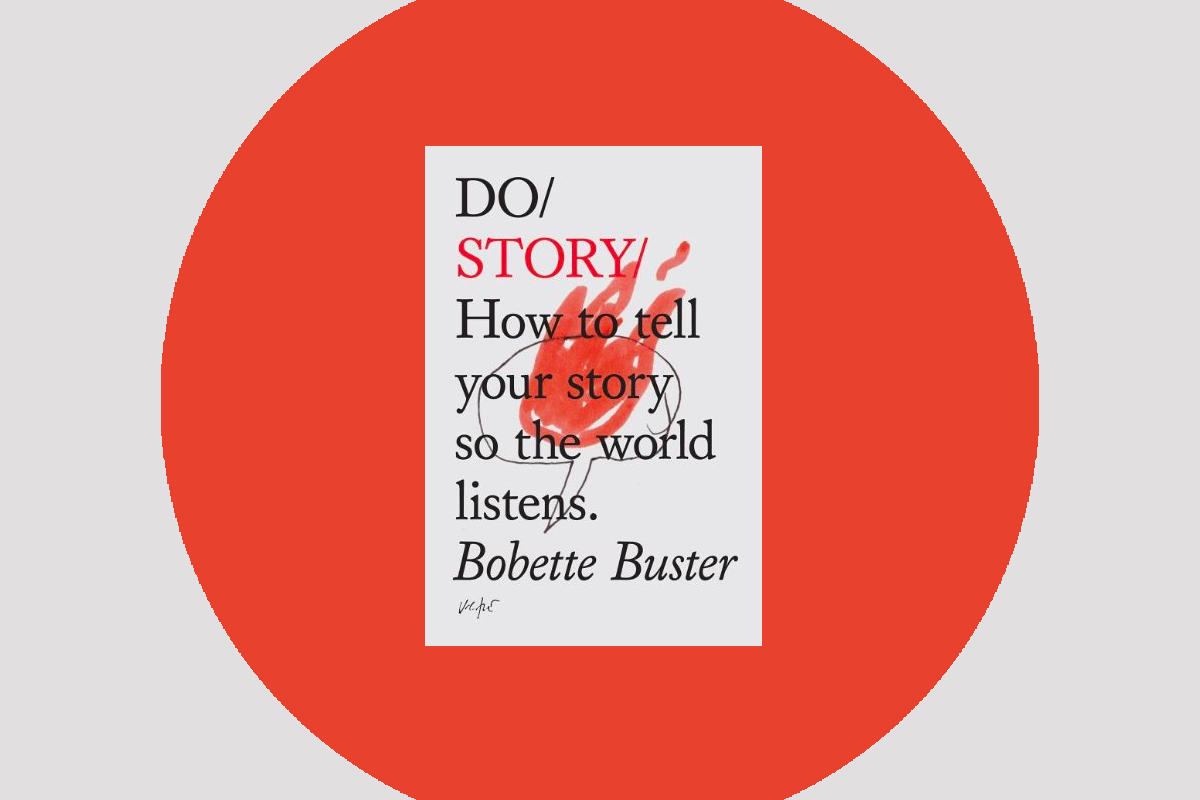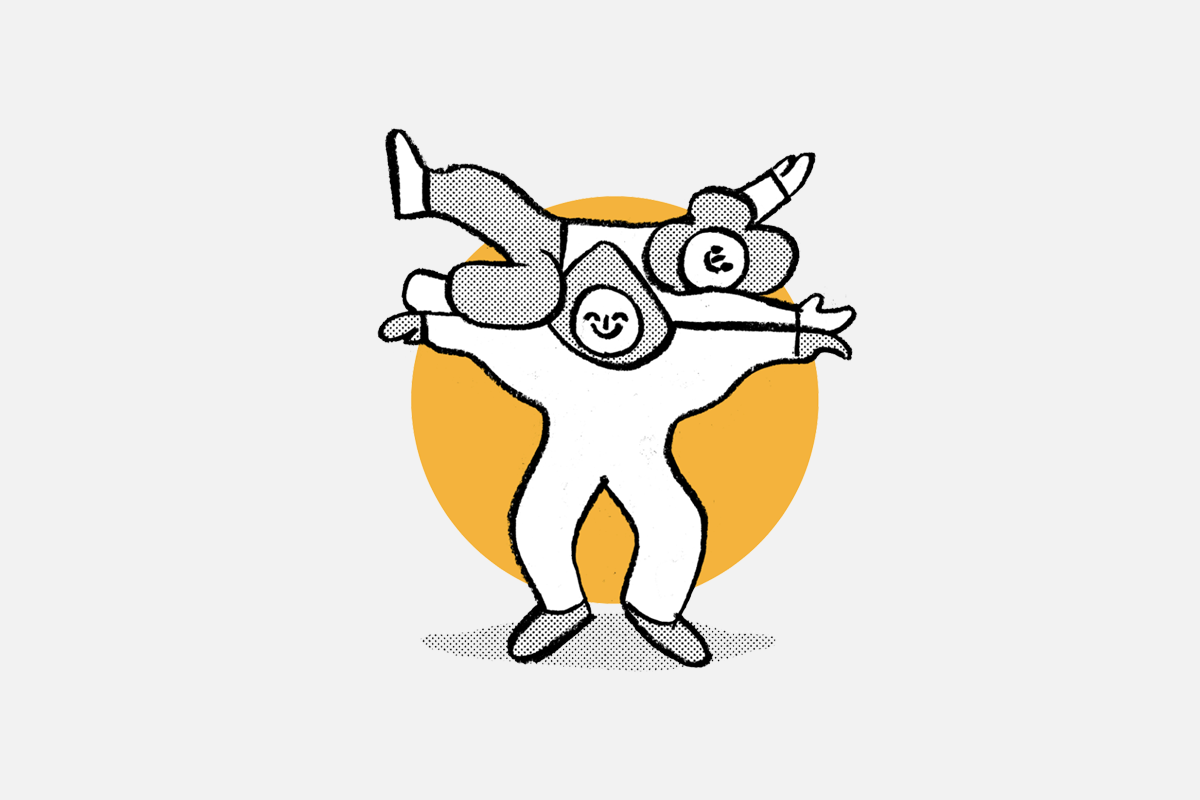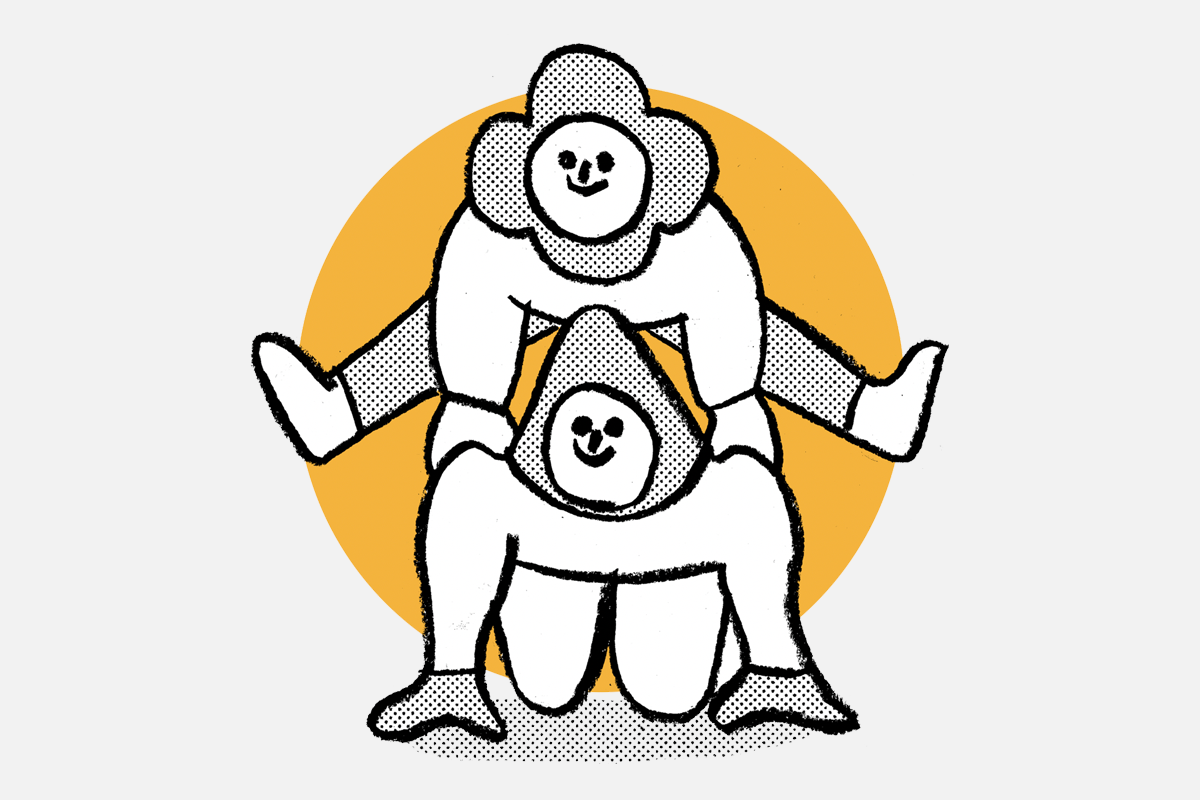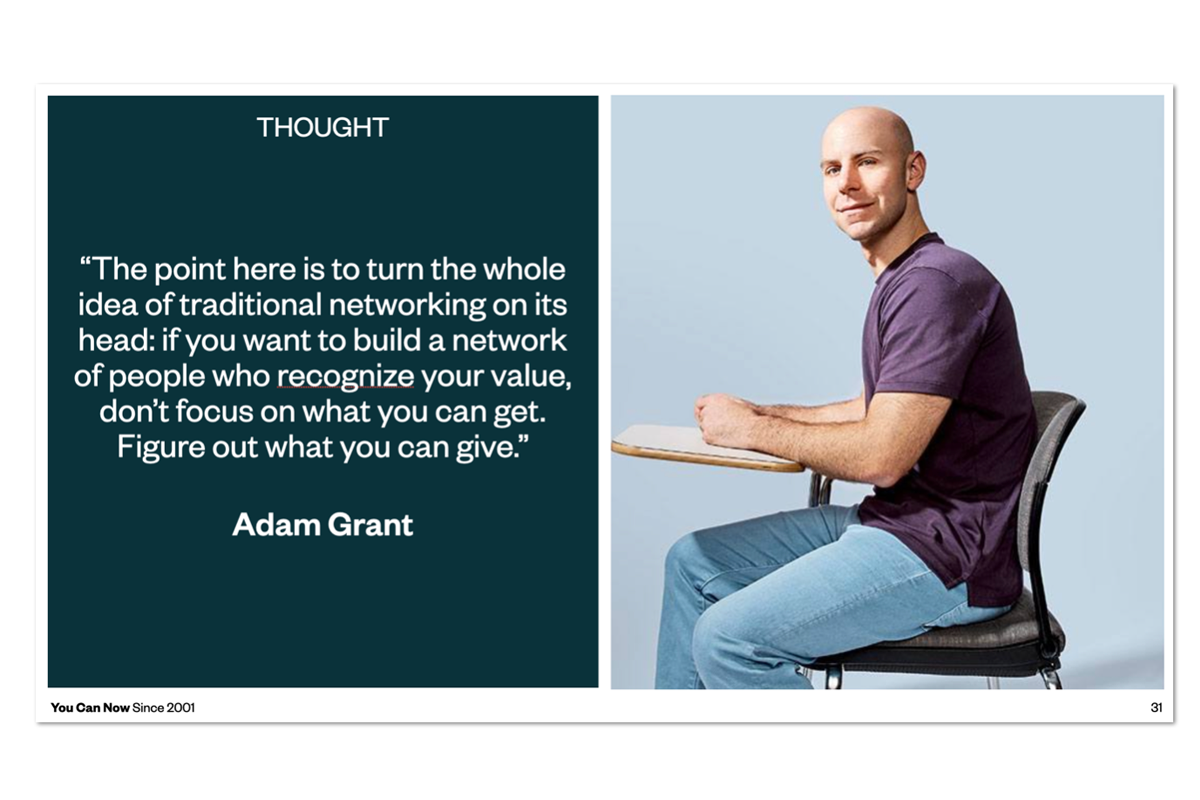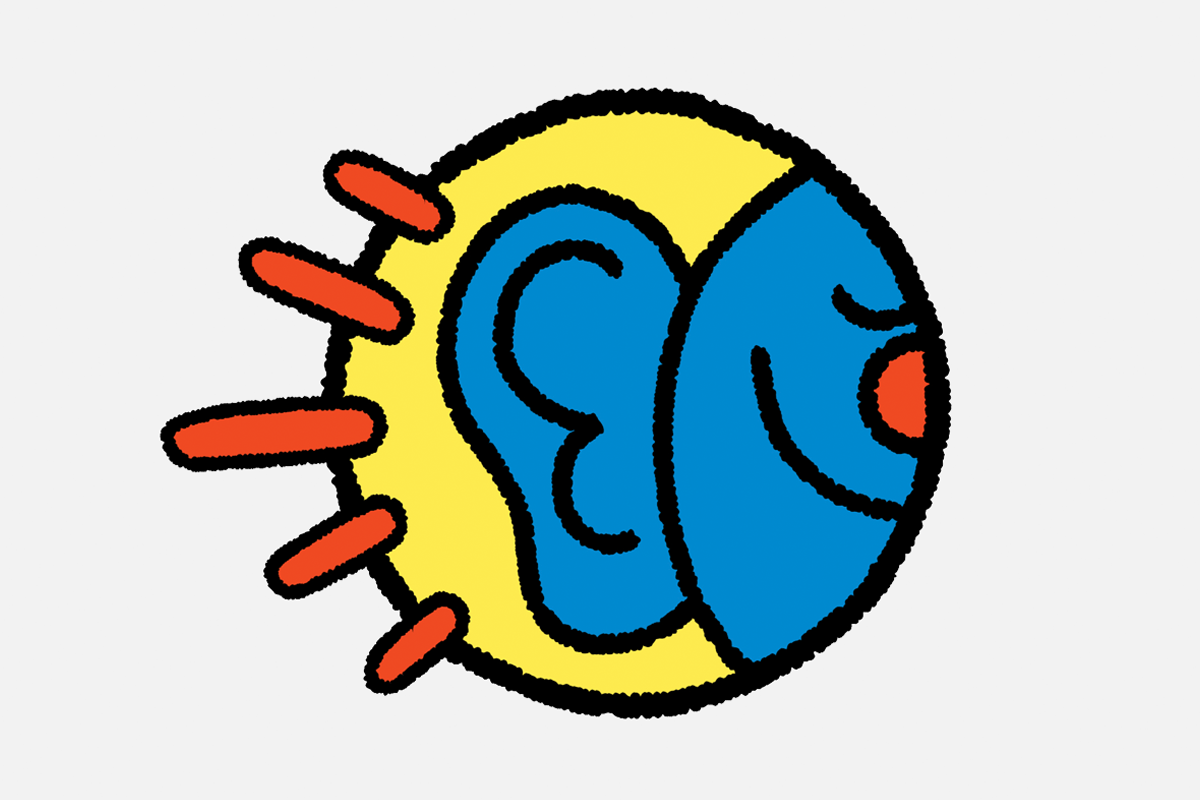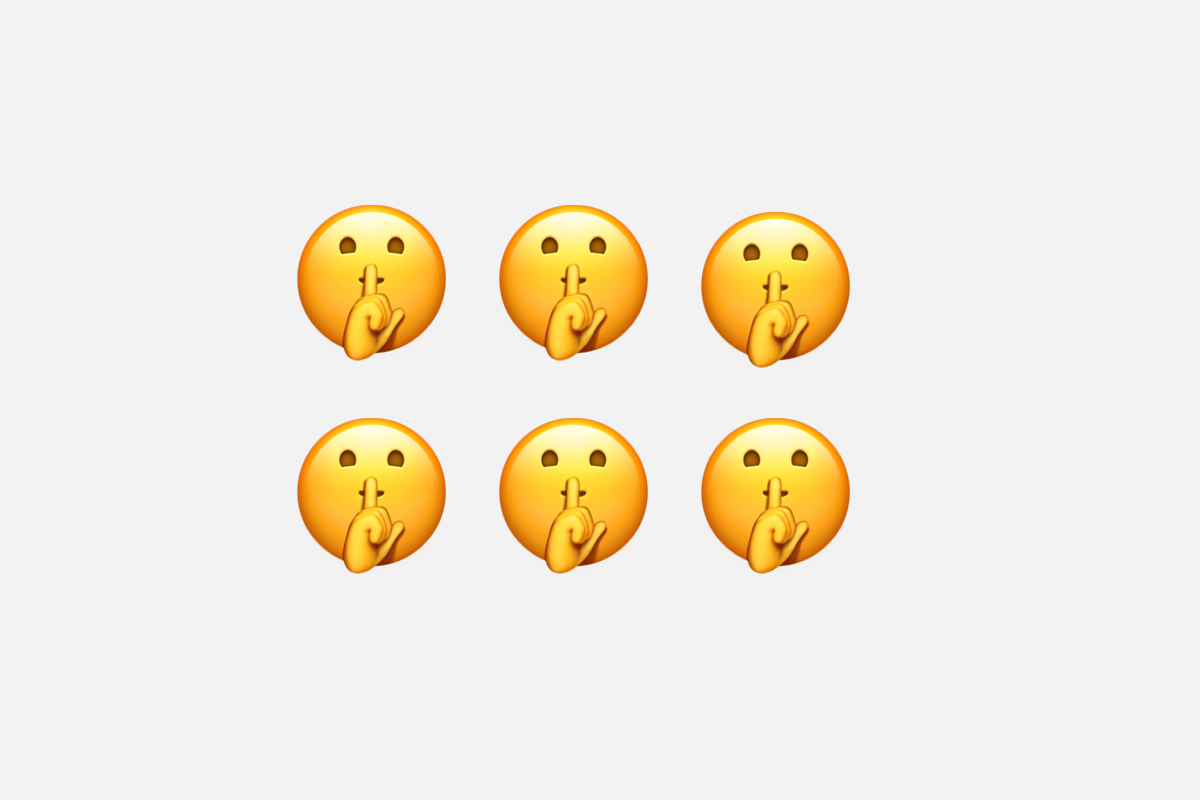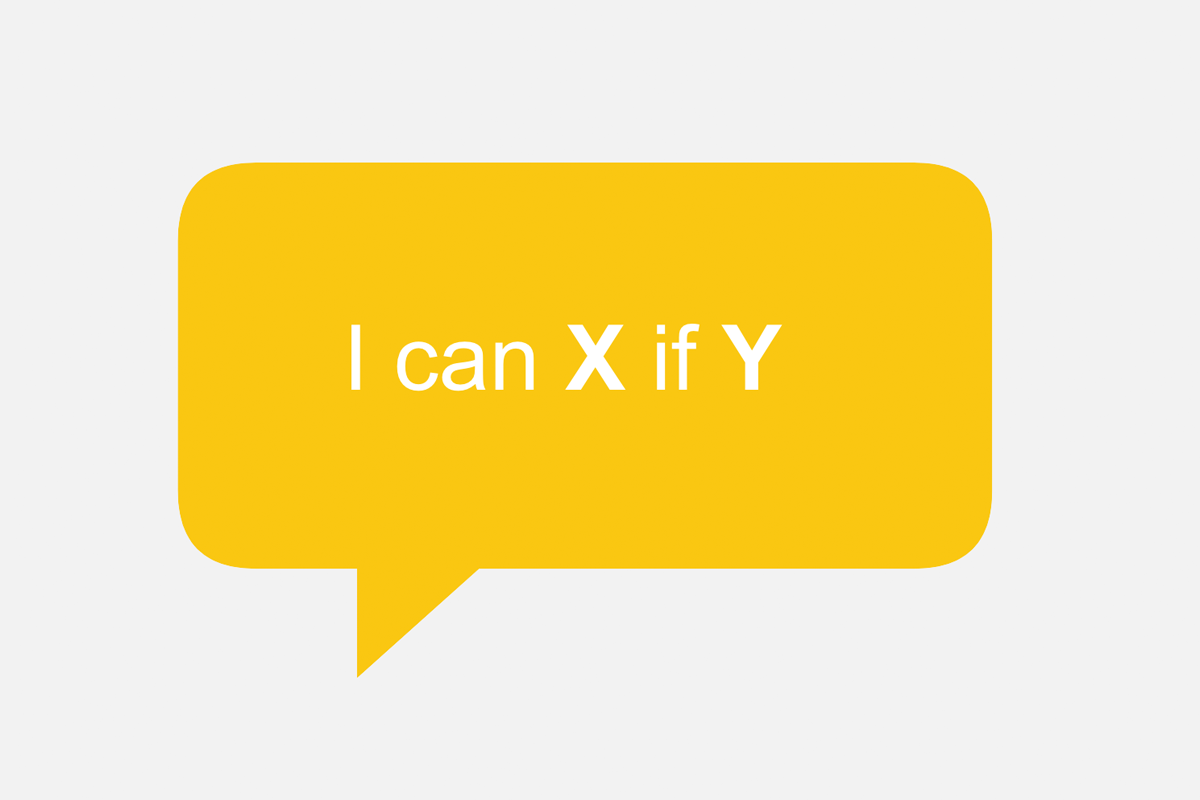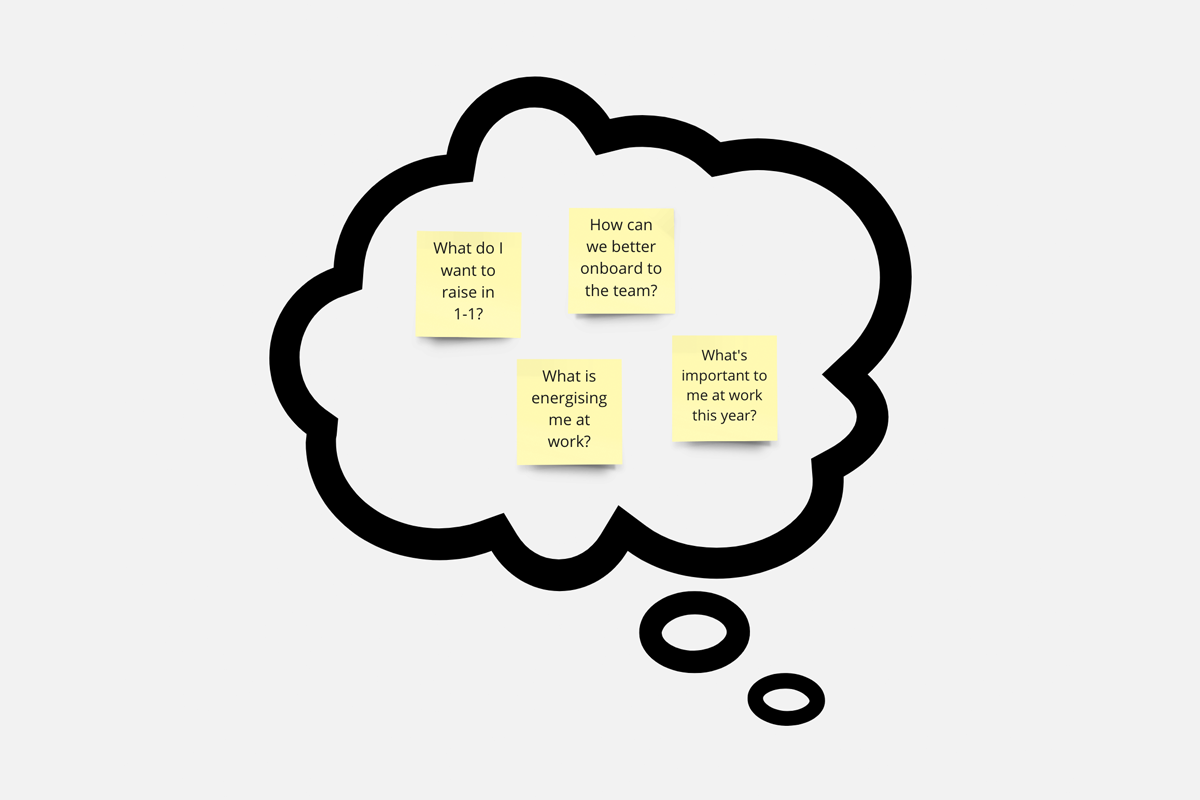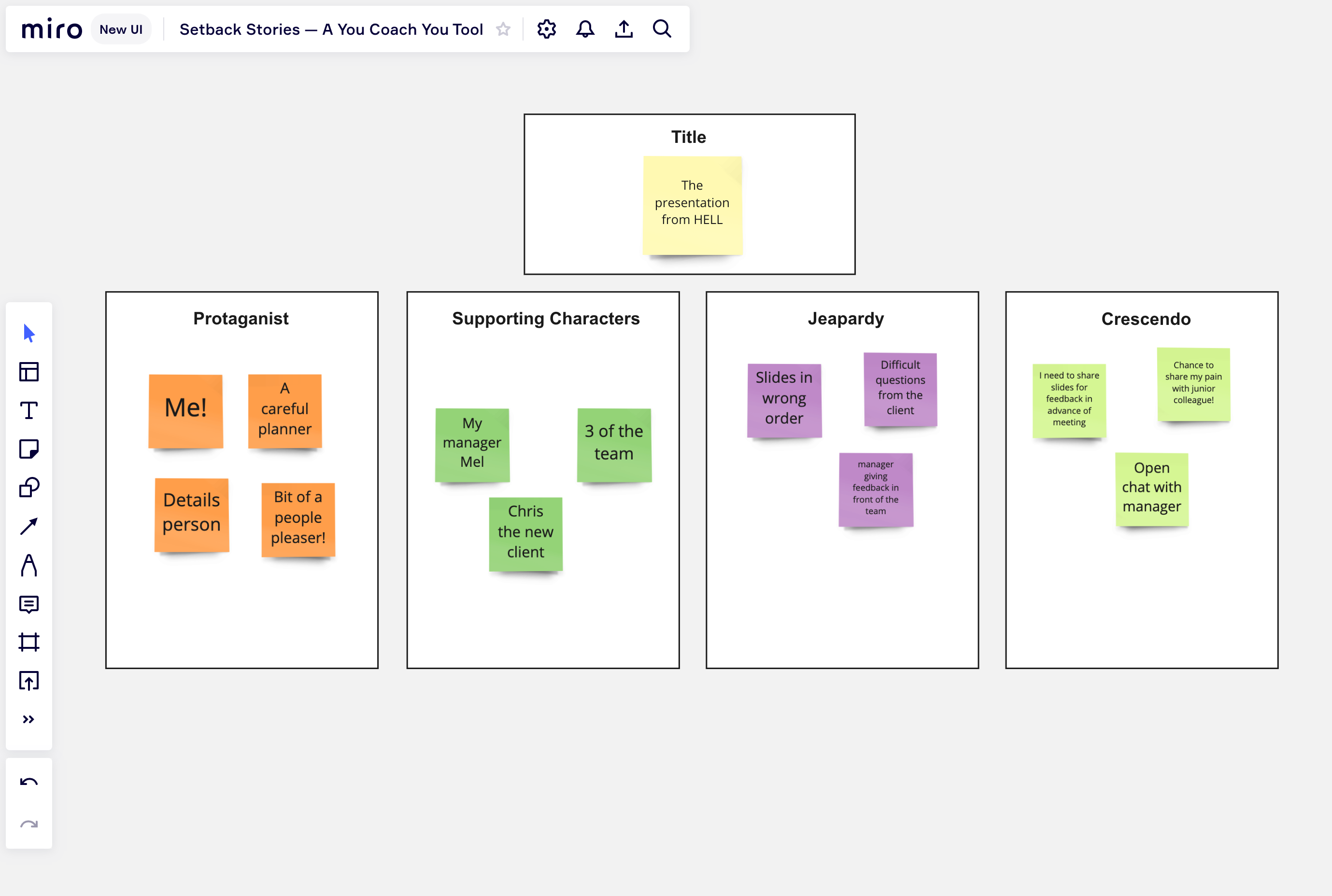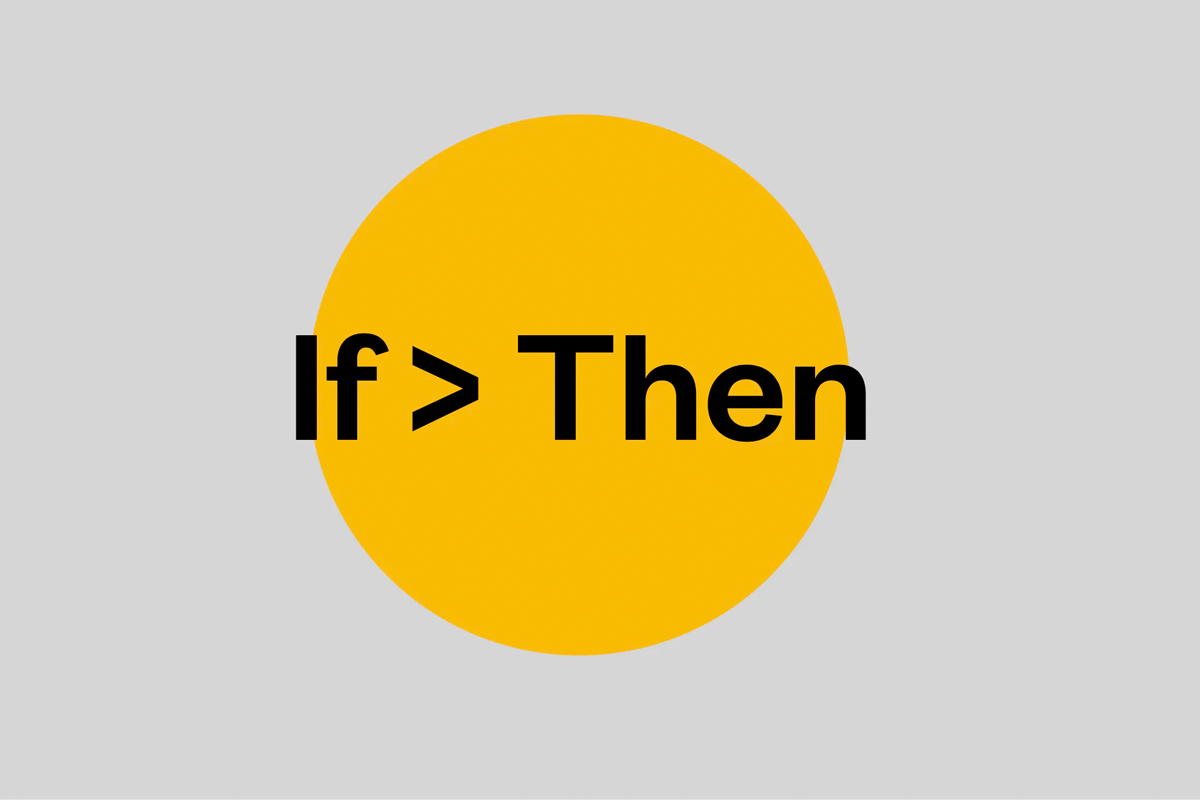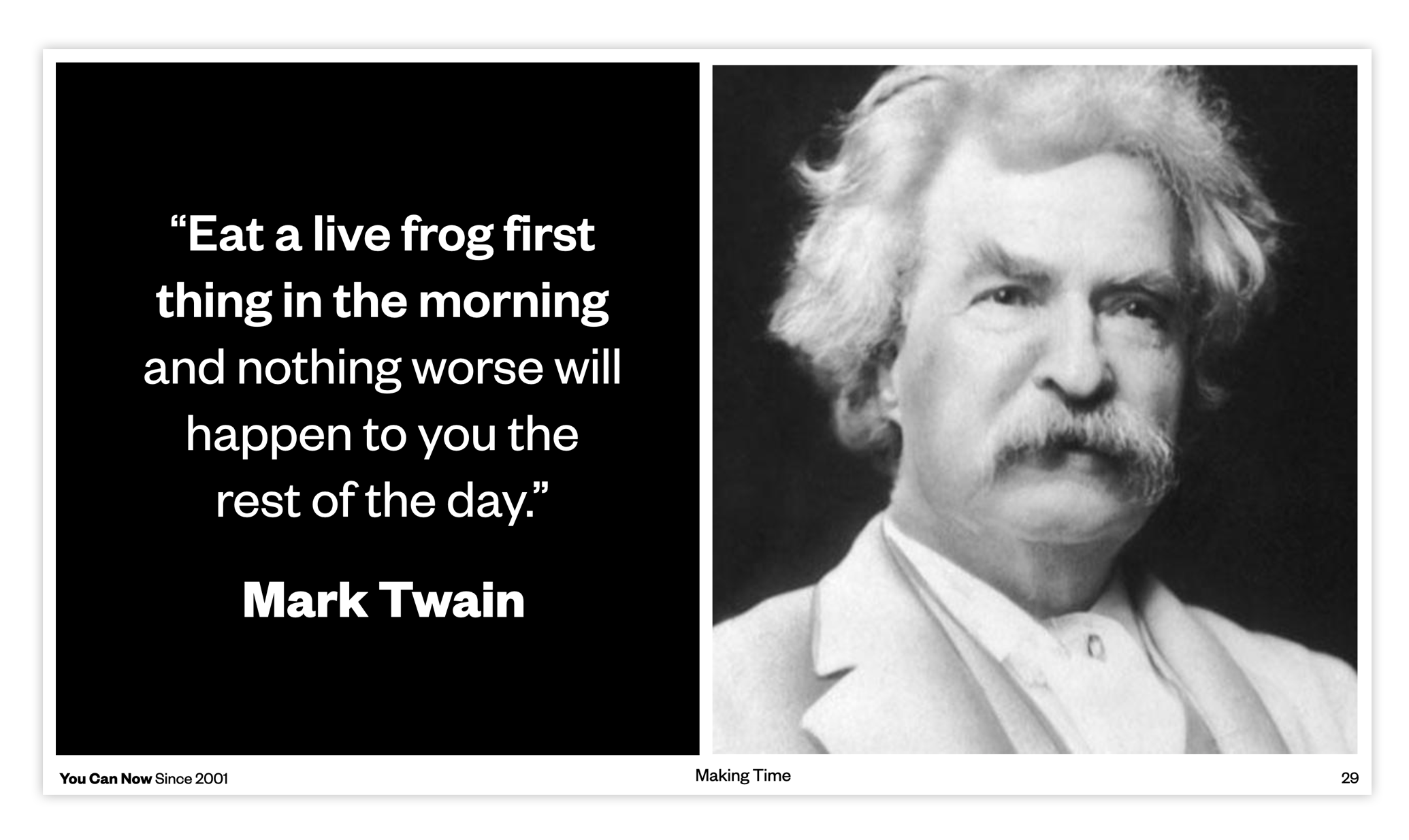For you, new and popular
The 4Ds. A practical framework for acknowledging microaggressions

Microaggressions?
Microaggressions are indirect, subtle (and often inadvertent) behaviours with a discriminatory and detrimental impact on the mood, motivation and mental health of others. They’re also, as DE&I expert Abi Adamson points out in our workshop on the topic, one of the main reasons employees quit their job.
To create a psychologically safe and sustainable work environment, it’s important that we feel confident to 'call out' and 'call in' microaggressions whenever they’re seen or heard. The 4 Ds model, stepped out here, and originally shared in Harvard Business Review, can help us consider our approach.
Here's how it works
Take the time to recognise your own feelings about what has been said or done. Examine your personal or professional relationship with the person, and decide whether an email or an in-person approach is best.
Depending on your relationship with the person, confronting someone about a microaggression can often get their guard up. Invite them in to find the root of their behaviour together. The conversation might get uncomfortable; and you should be prepared to explain how what they said or did was uncomfortable for you.
Asking an open, probing question - for example ‘what was your intention when you said that?’ - gives the person a chance to explore why they said what they said. When they’ve answered, reframe the conversation to the impact it has had on you. Explain how it has made you feel, and why. 'When you said X, I felt Y'...
When the conversation, or exchange has reached a natural conclusion, reflect on what’s been explored. Calling in and calling out microaggressive behaviour is a learning curve, and you should reflect on what you've noticed about being on it.
Thoughts
Walking someone through their microaggressive behaviour is not easy; it may well be awkward, and uncomfortable. But it’s also important step towards inclusion, raising self-awareness and using conversation to drive action.
Keep going
For more on the ideas of 'Calling In' and 'Calling out' and examples of helpful statements and probing questions, take a look at this practical resource.
Challenge bias and share your perspective with ‘I,’ Statements.
Join an experiential session, led by Abi Adamson to unpack microagressions in real time among a supportive group of peers.






